Introduction to Mastering Chess
Chess, a game of strategy and intellect, has fascinated players of all ages from around the world for hundreds of years. Whether you're a beginner or an experienced player, mastering chess involves understanding its foundational principles, techniques, and tactics. This guide aims to provide you with the comprehensive knowledge and skills needed to elevate your chess game and become a skilled player.
Understanding the Basics of Chess
Chess Board and Pieces
The chess board is an 8x8 grid, comprising 64 squares of alternating colors. Each player starts with 16 pieces: one king, one queen, two rooks, two knights, two bishops, and eight pawns. Getting familiar with the movements and value of each piece is crucial. For instance, the queen can move diagonally, horizontally, or vertically by any number of squares, while the knight moves in an 'L' shape pattern, which can hop over other pieces.
Basics Rules and Objectives
The aim of chess is to put your opponent's king under attack in such a way that no legal move can stop the attack, known as checkmate. Every game begins with the setup facing each other on opposite ends of the board, with pawns in front and the back rows occupied by the rooks, knights, bishops, queen, and king. Understanding fundamental manoeuvres such as castling, where the king and a rook are moved simultaneously in a specific condition, and en passant, a special pawn capture, is also vital.
Building a Strong Opening Repertoire
The Importance of Openings
A solid opening prepares the groundwork for the middle game, gaining control over key board areas, especially the center, and developing pieces effectively. Developing a repertoire involves selecting and practicing specific openings that suit your style, whether aggressive or defensive.
Popular Chess Openings
There are numerous chess openings, each with various sub-variations. Some well-known ones include the Sicilian Defense, used by Black to control the center with the c5 move against e4 from White. The Ruy Lopez or the Spanish Opening is another classical choice involving piece development and central control. Beginners might start with more straightforward openings like the Italian Game or the French Defense to build up their understanding of opening principles.
Mastering Chess Strategies
Understanding Chess Tactics
Tactics in chess refer to short-term maneuvers that can help players win material or deliver checkmate. Common tactics include forks, where a single piece attacks two or more opponent pieces simultaneously; pins, where a piece is immobilized because moving it would expose a more valuable piece, and skewers, similar to pins but in which the more valuable piece is in front.
Positional Play
Positional play is about making moves that improve a player's position without necessarily capturing enemy pieces. This often involves superior piece placement, controlling key squares, improving the structure of pawns, and strategic piece exchanges. Understanding and mastering positional play can often distinguish between a good chess player and a great one.
Endgame Skills
Importance of Chess Endgames
The endgame begins when most pieces have been traded off the board. Mastery of endgames is crucial since the endgame often decides the winner in an evenly matched game. Popular endgames include King and Pawn endgames, Rook endgames, and more complex endings like Queen vs. Pawn.
Endgame Principles
Key principles in chess endgames include the rule of the square for pawn endings, the activity of the king, and the importance of opposition in king-vs-king scenarios. Practicing these with endgame puzzles and studying classic endgame compositions can significantly enhance one's prowess in this final phase of the game.
Improving Through Study and Practice
Chess Books and Software
There are numerous resources available for improving at chess. Classic texts like My System by Aron Nimzowitsch and modern guides like Fundamental Chess Openings by Paul van der Sterren provide invaluable insights. Additionally, software and online platforms like Chess.com offer interactive lessons, games against computers and real opponents, and problem-solving exercises.
Analyzing Your Games
One of the best ways to improve is by analyzing your own games. Look for mistakes and try to understand why better moves were available. Utilizing chess engines and analysis boards can help provide deeper insight into your playing style and common pitfalls.
Joining the Chess Community
Joining a community, whether online or in physical clubs, can provide motivational boost and insight into diverse strategies and styles. Participating in tournaments and watching grandmaster games can also speed up your learning curve, enabling you to become a skilled chess player.
Conclusion
Mastering chess is a continuous process of learning, practicing, and interacting with other players. By understanding the basic rules, developing robust strategies for the opening, middle game, and endgame, and constantly analyzing and refining your techniques, you can significantly enhance your chess skills and enjoy this timeless game to its fullest.
Explore our large collection of luxurious chess sets!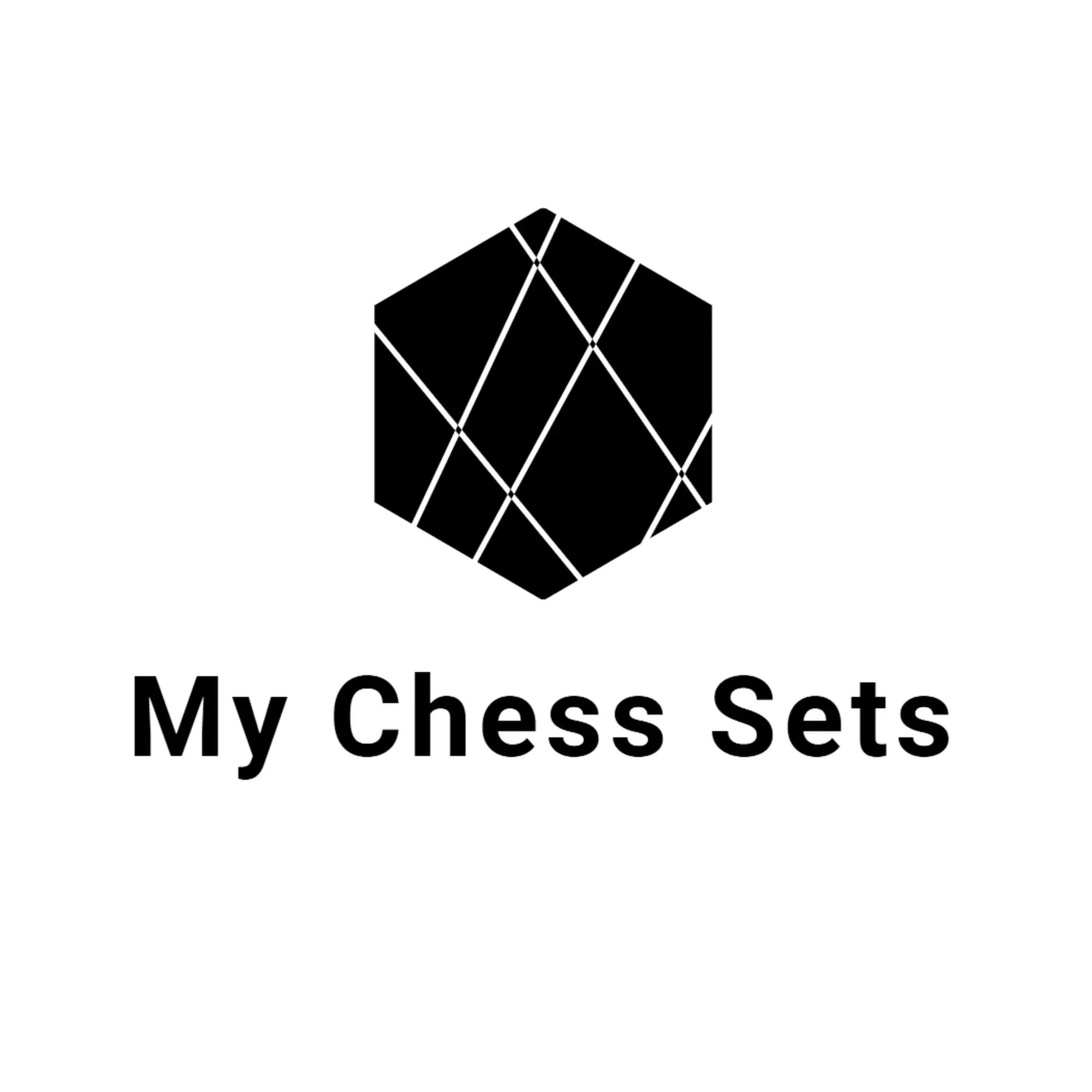

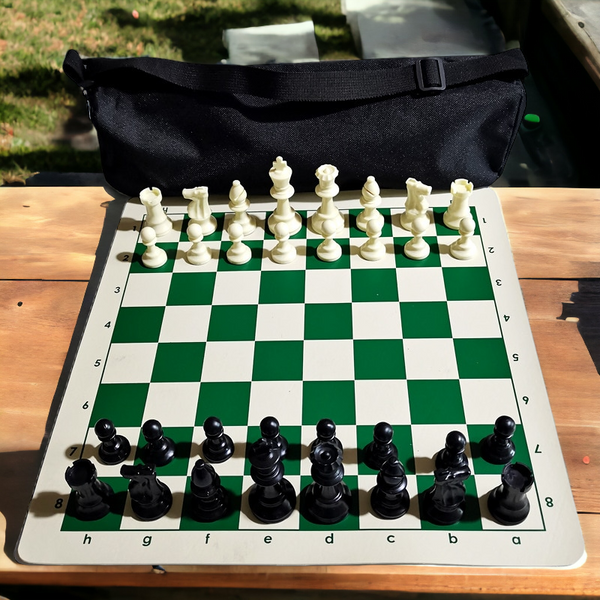
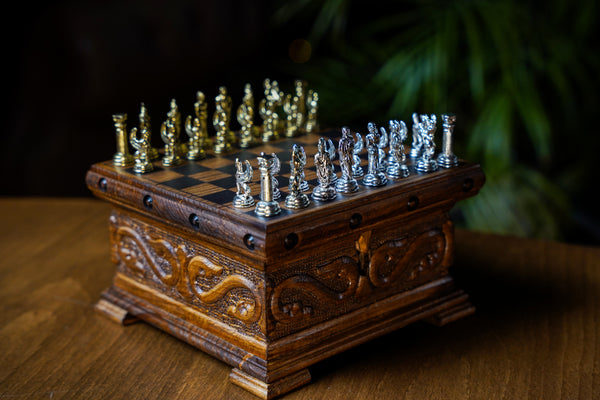
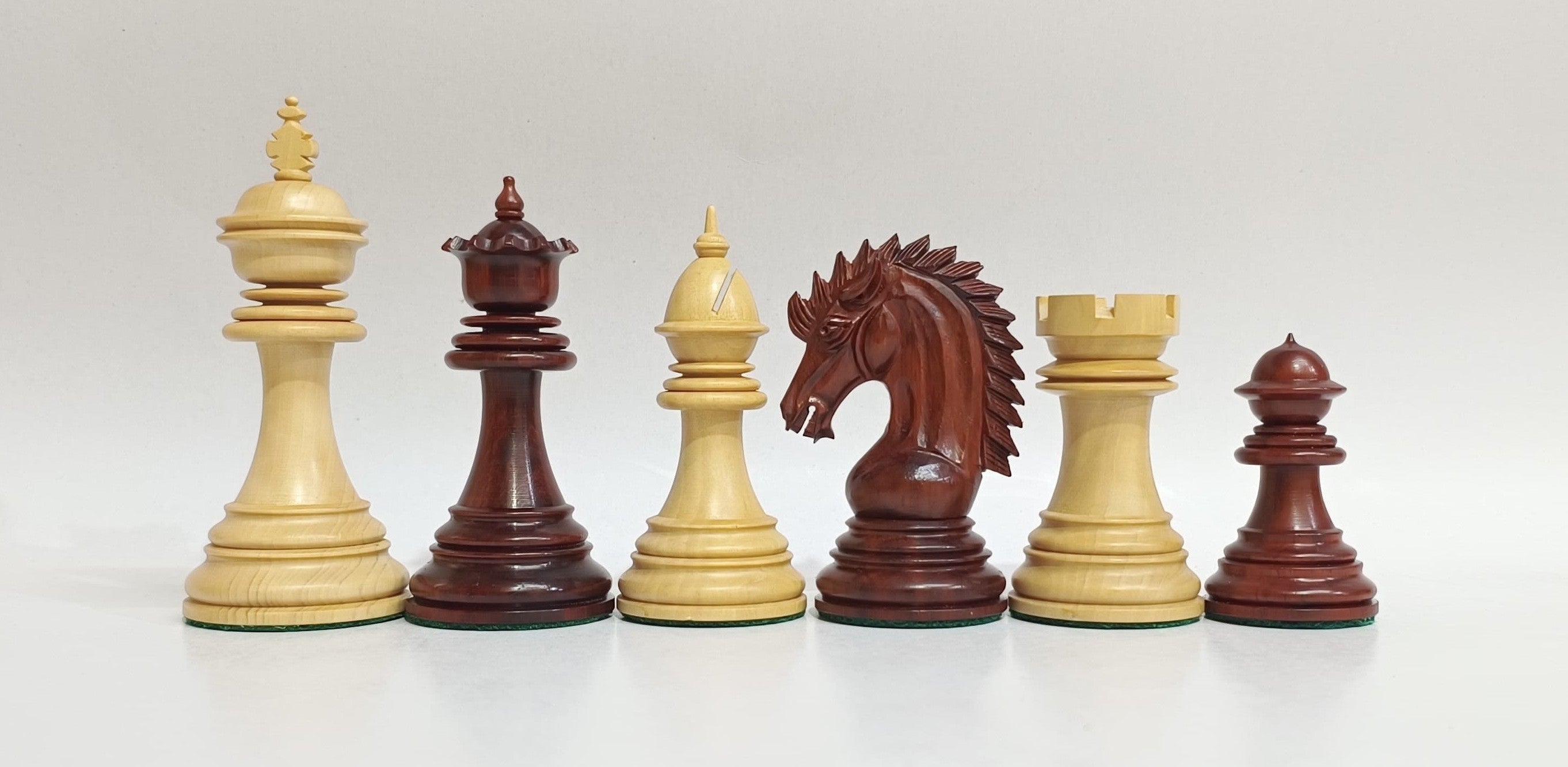
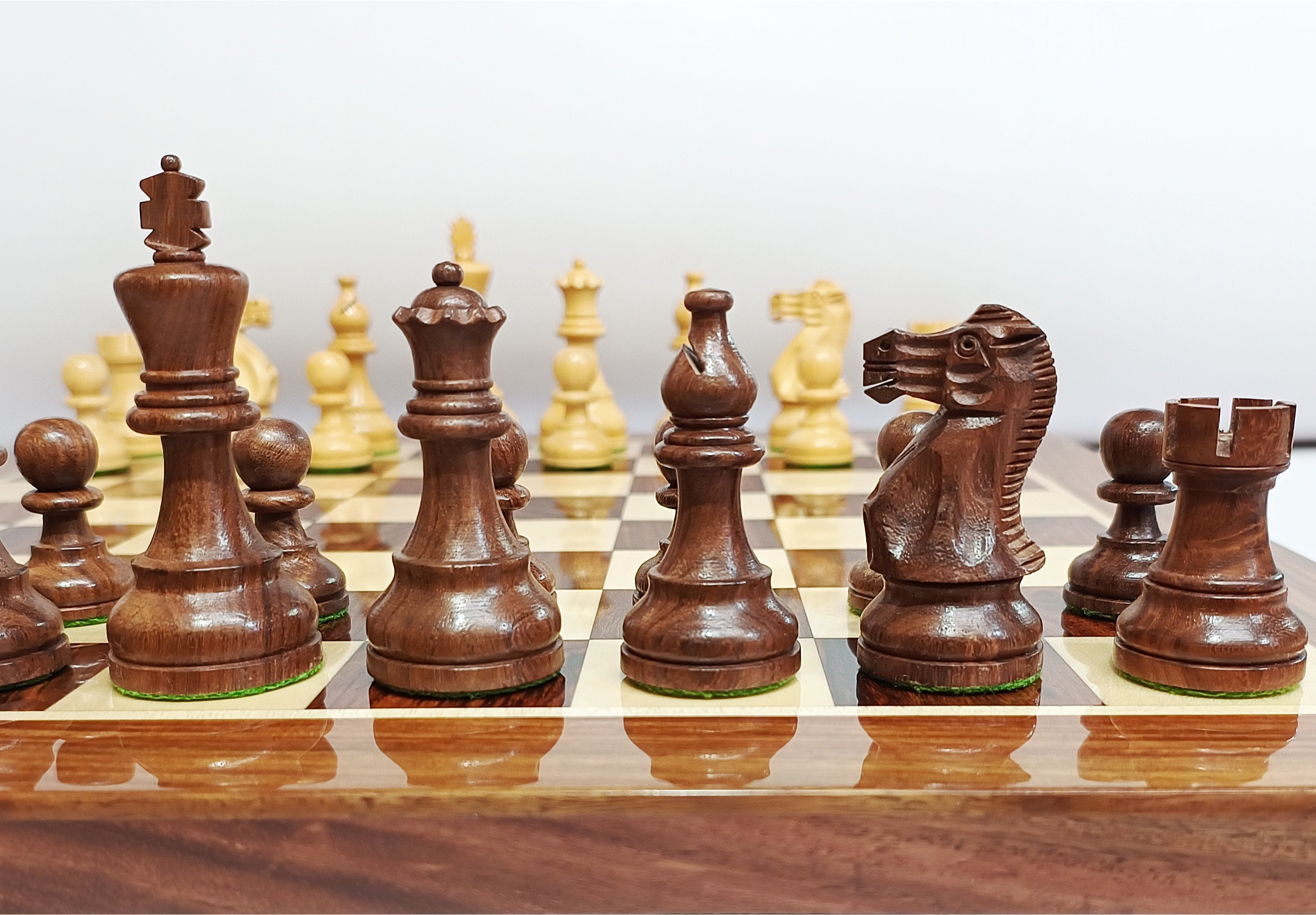
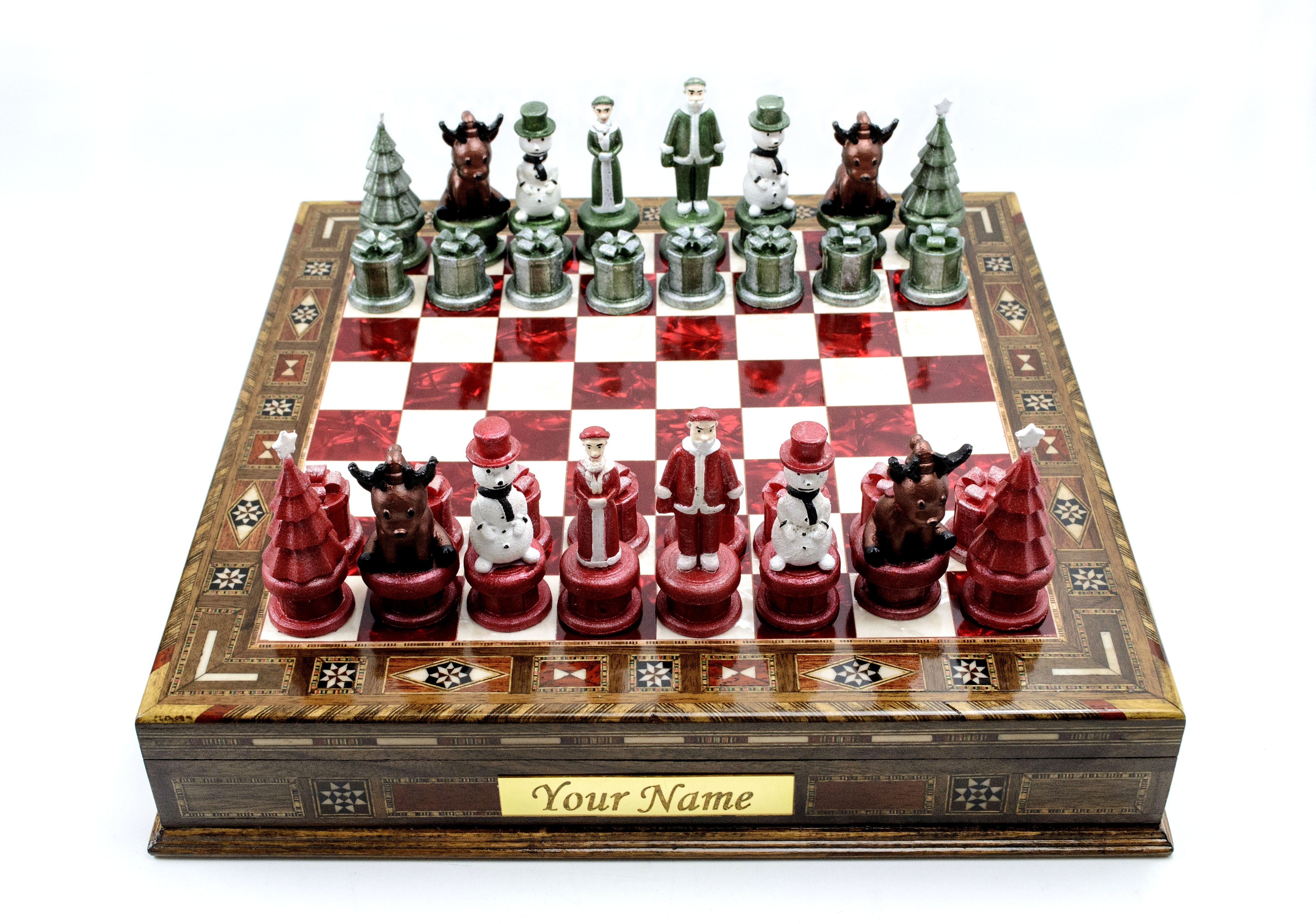
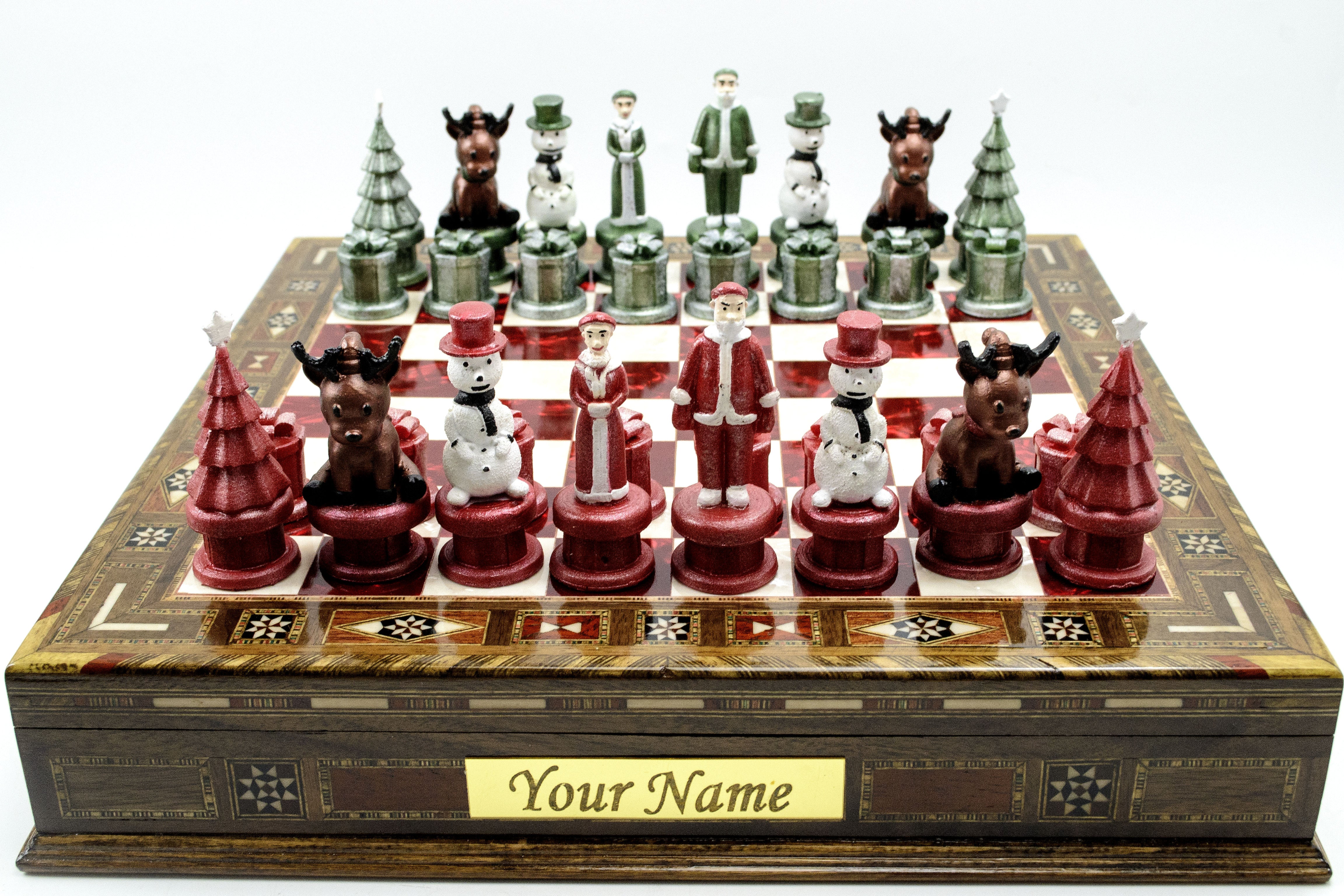
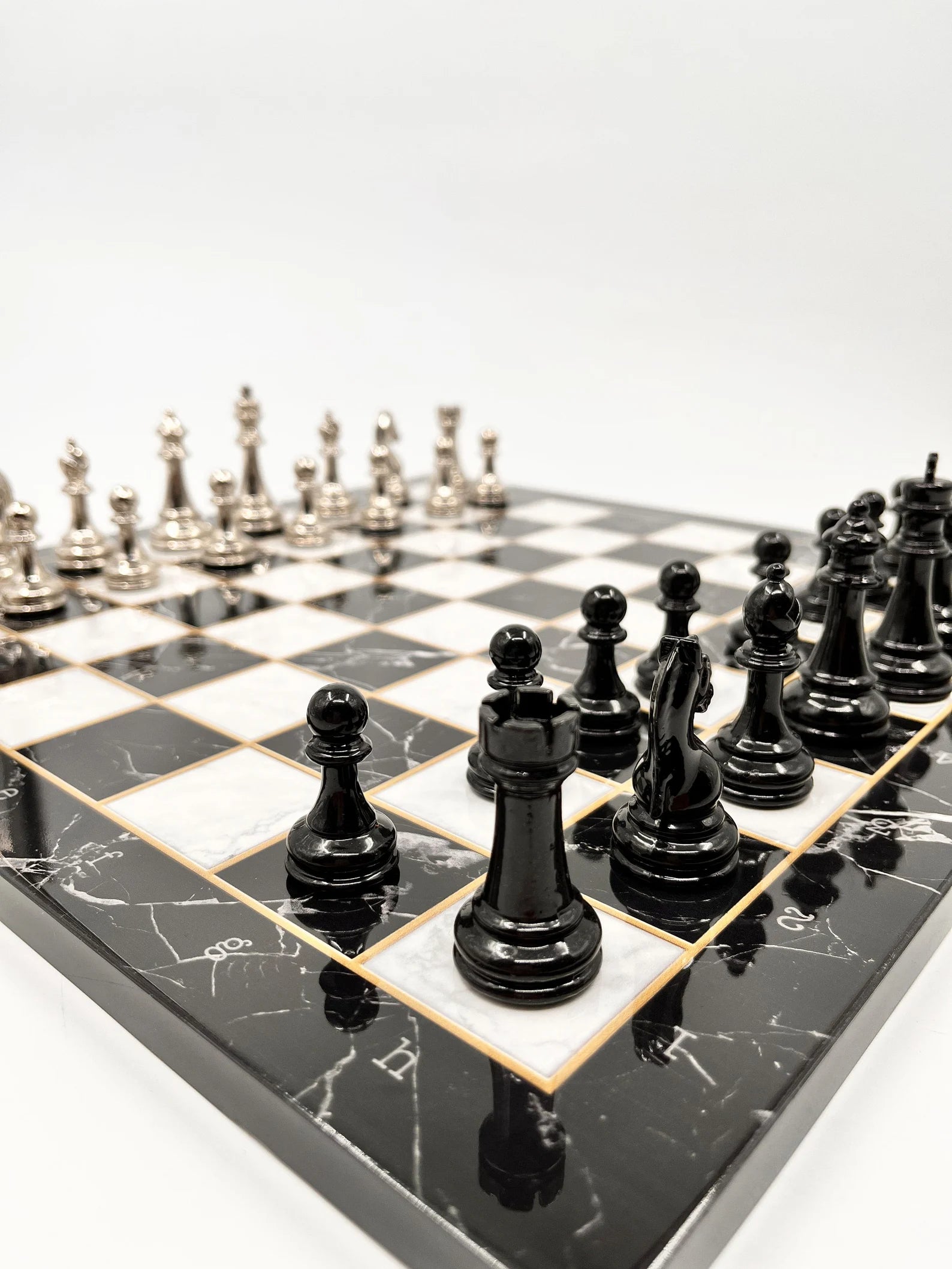
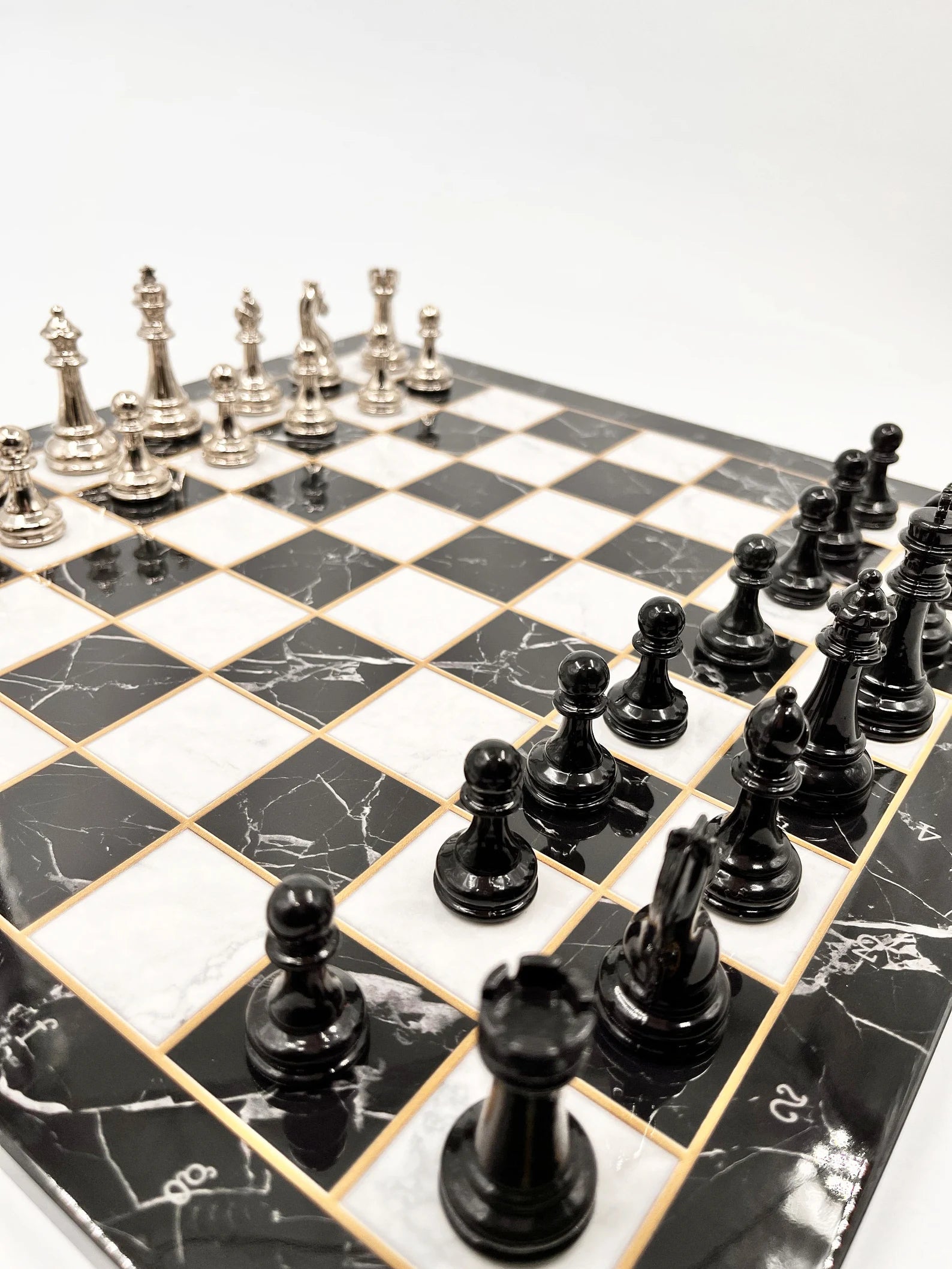
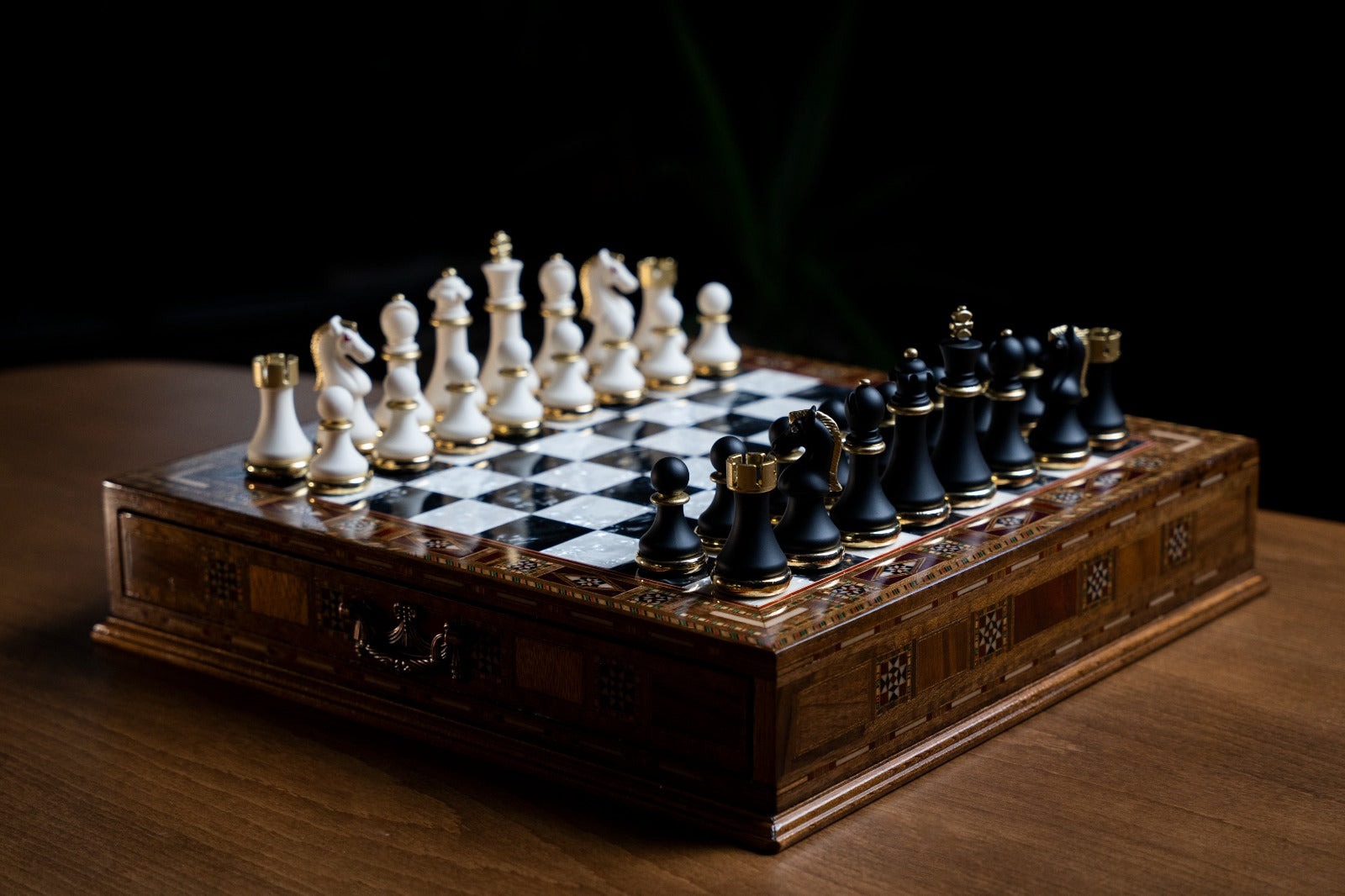
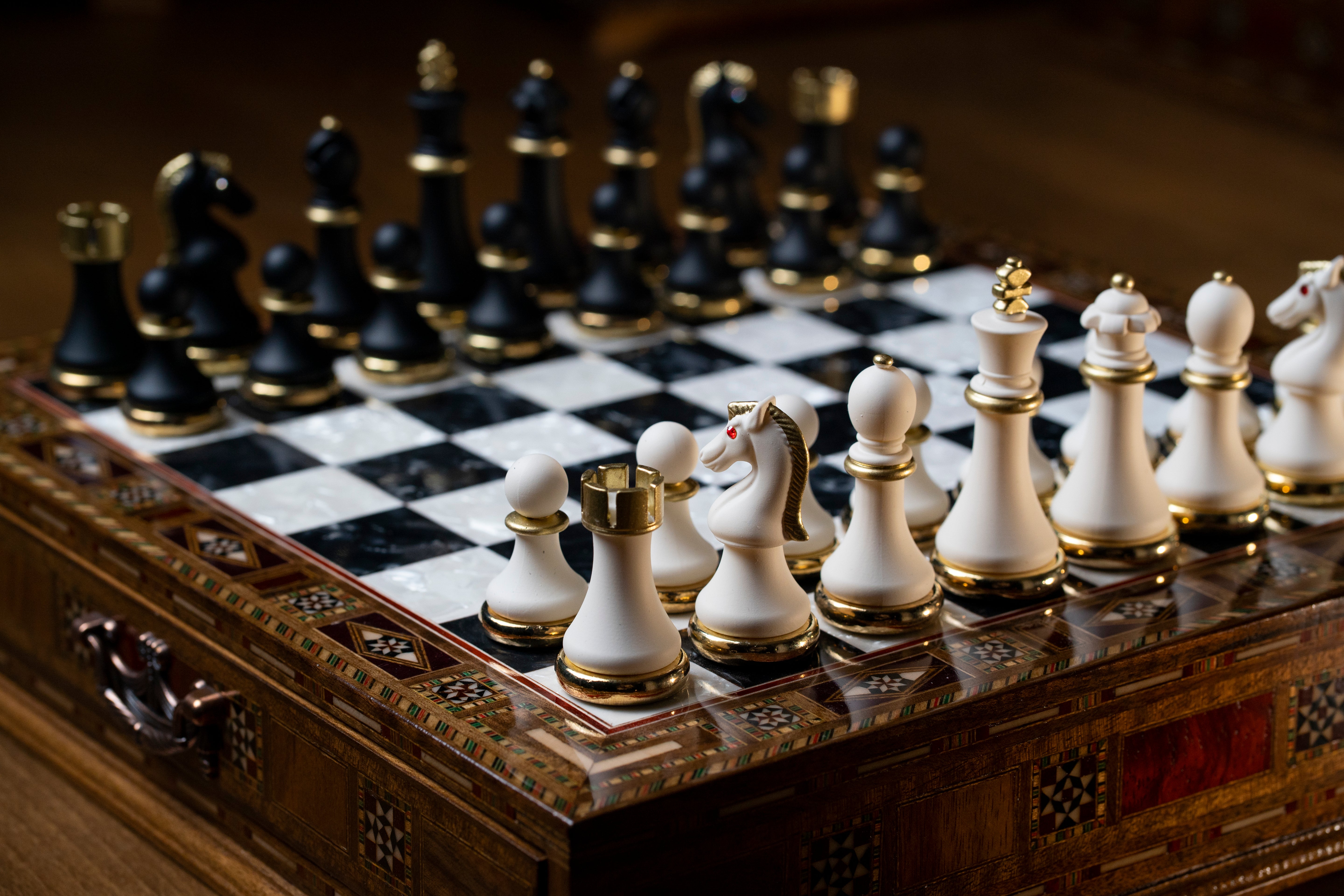
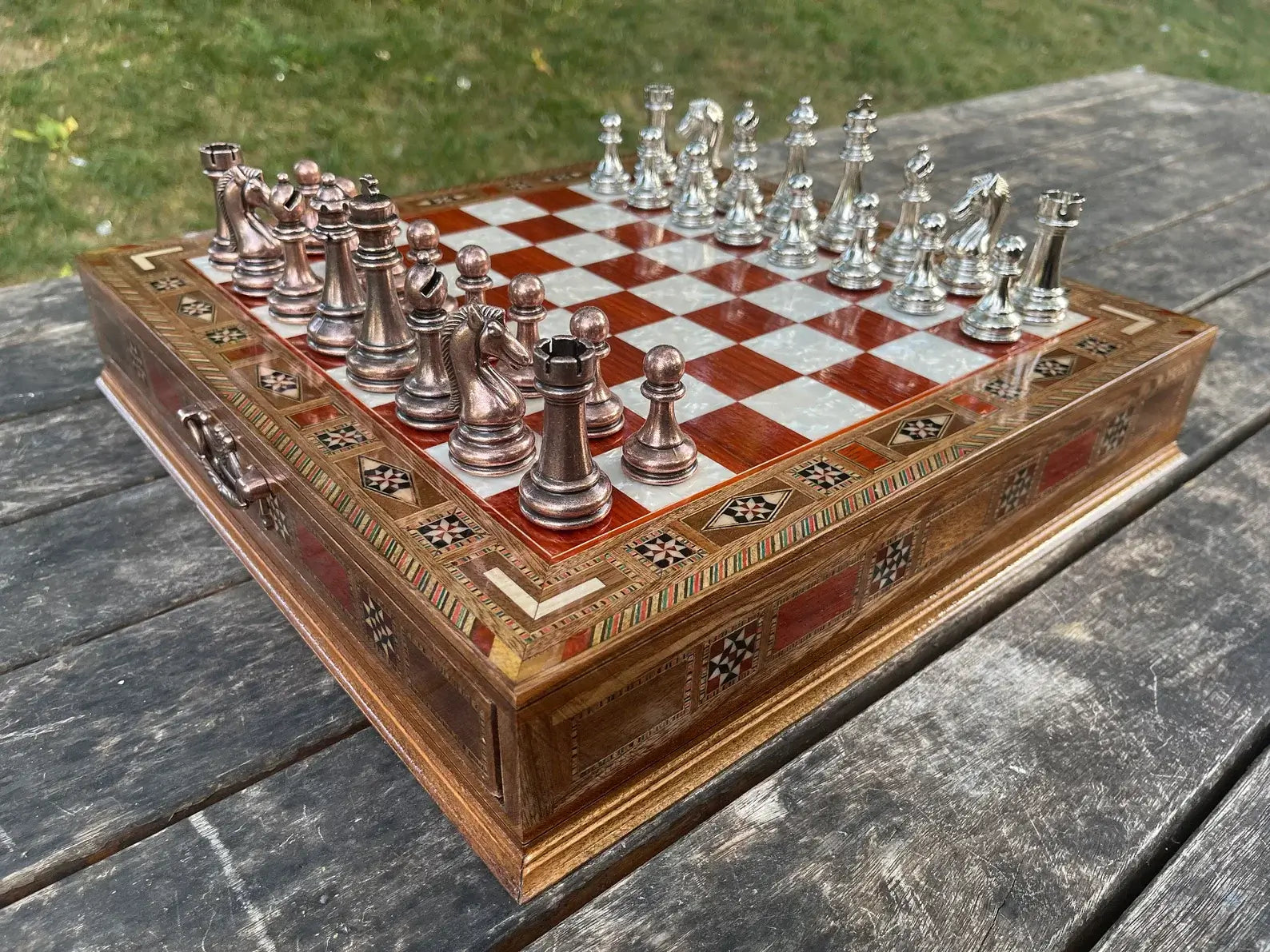
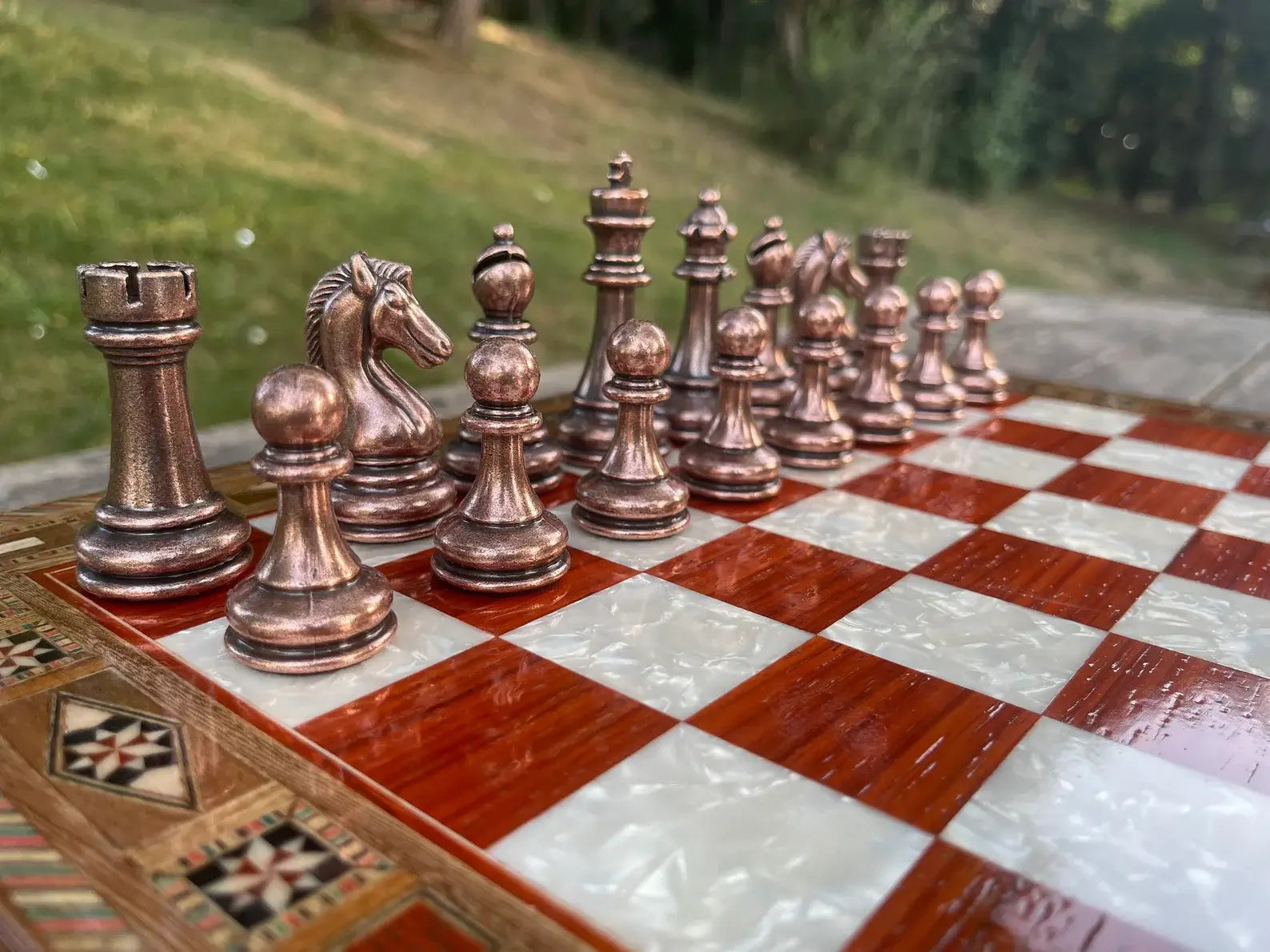
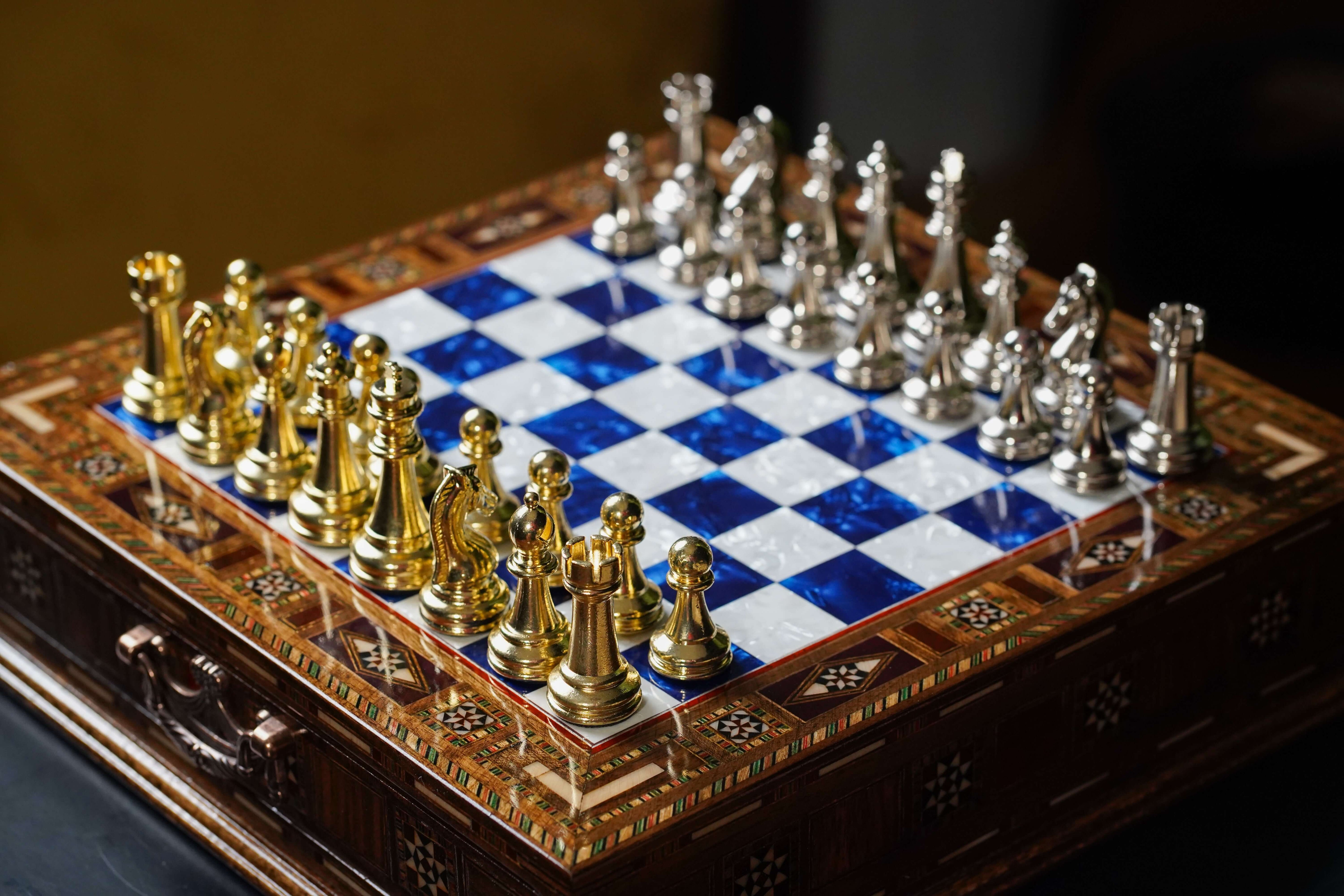
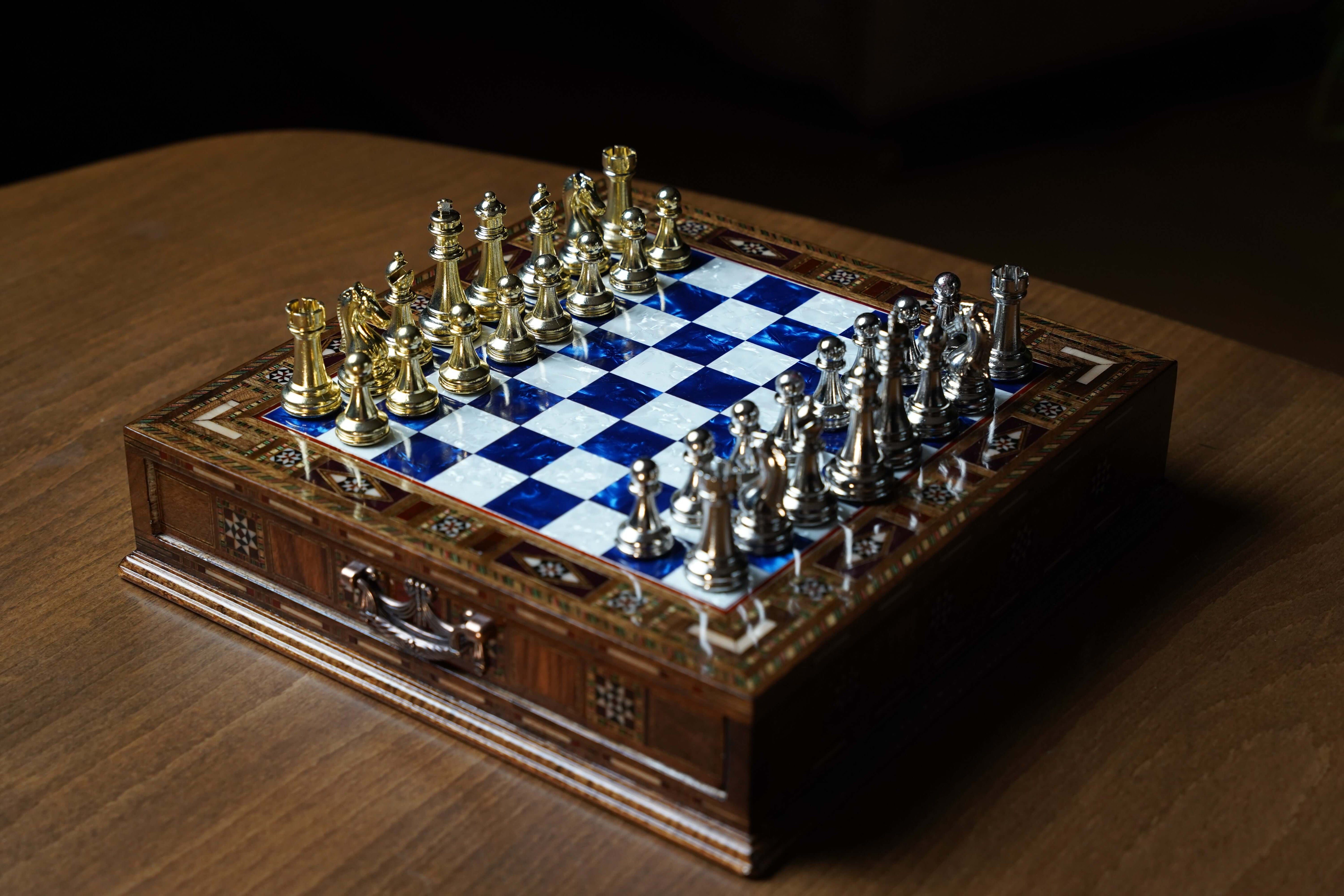
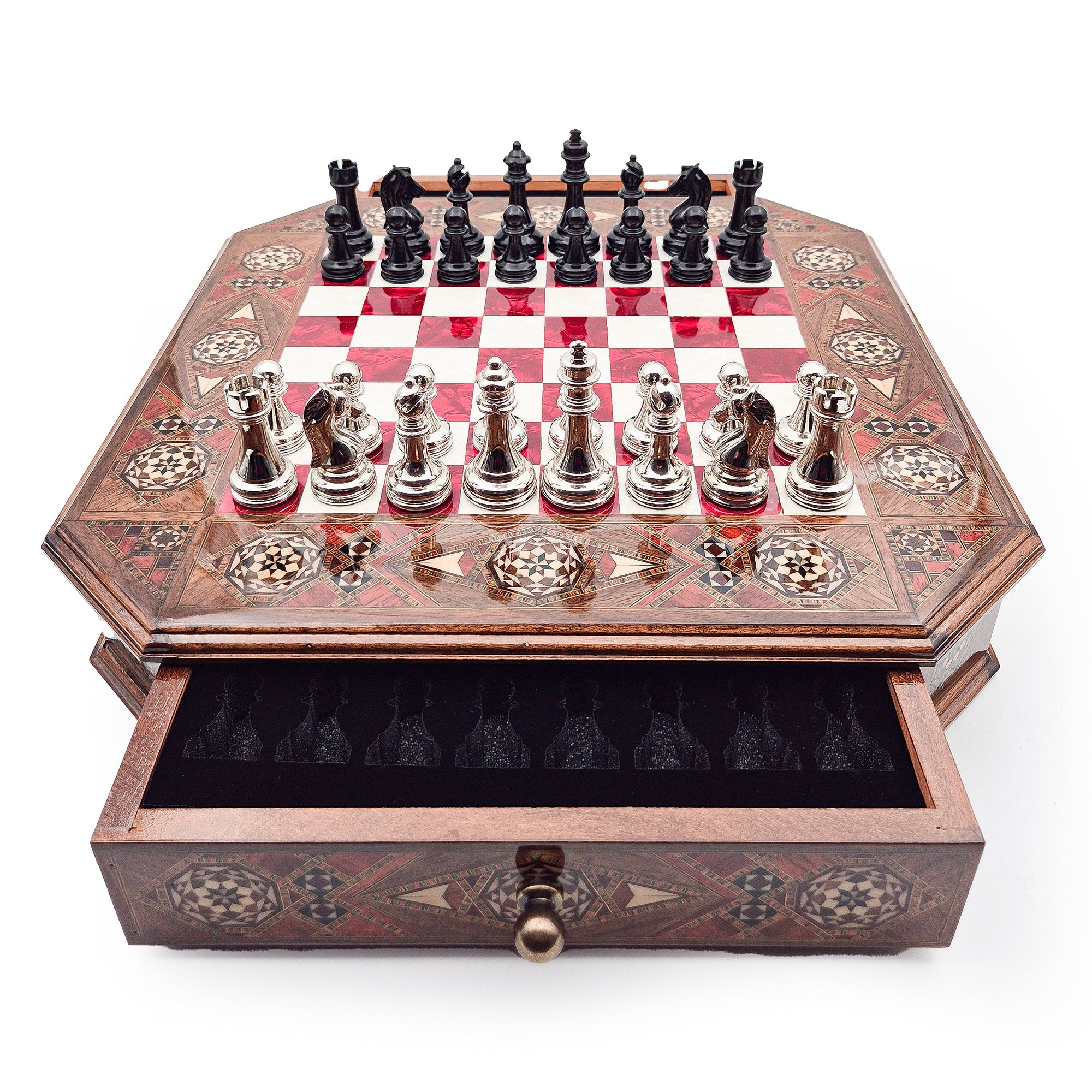
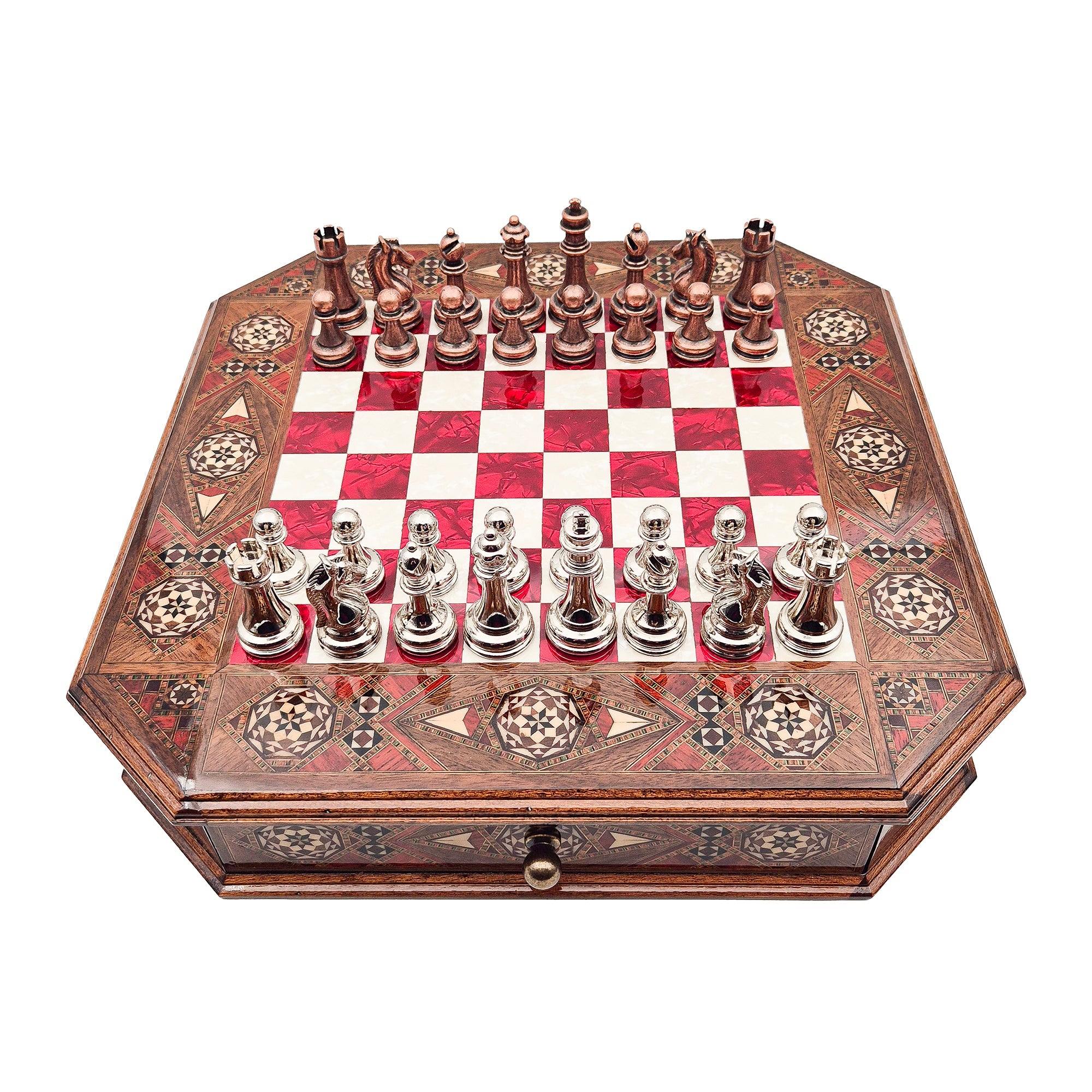
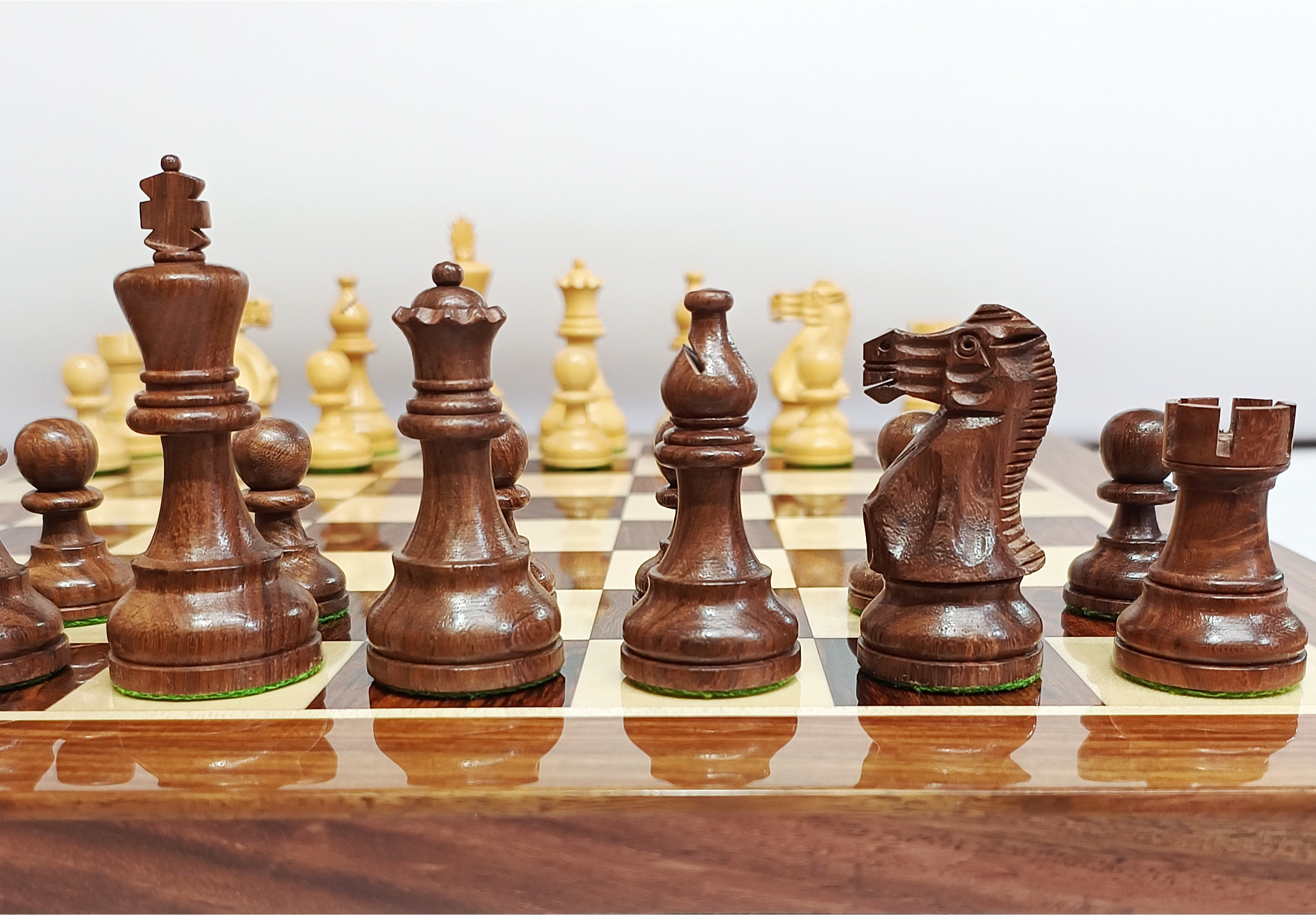
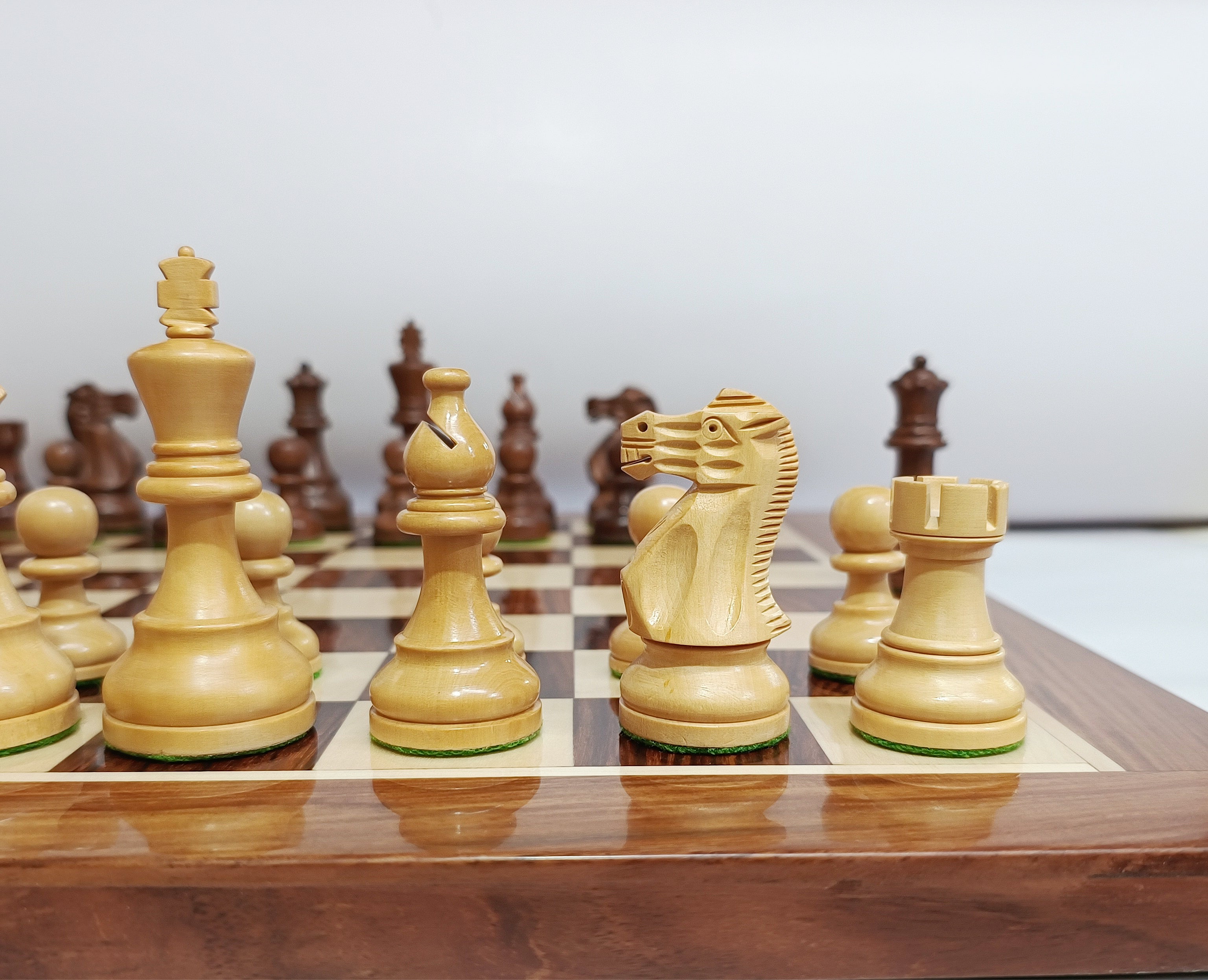
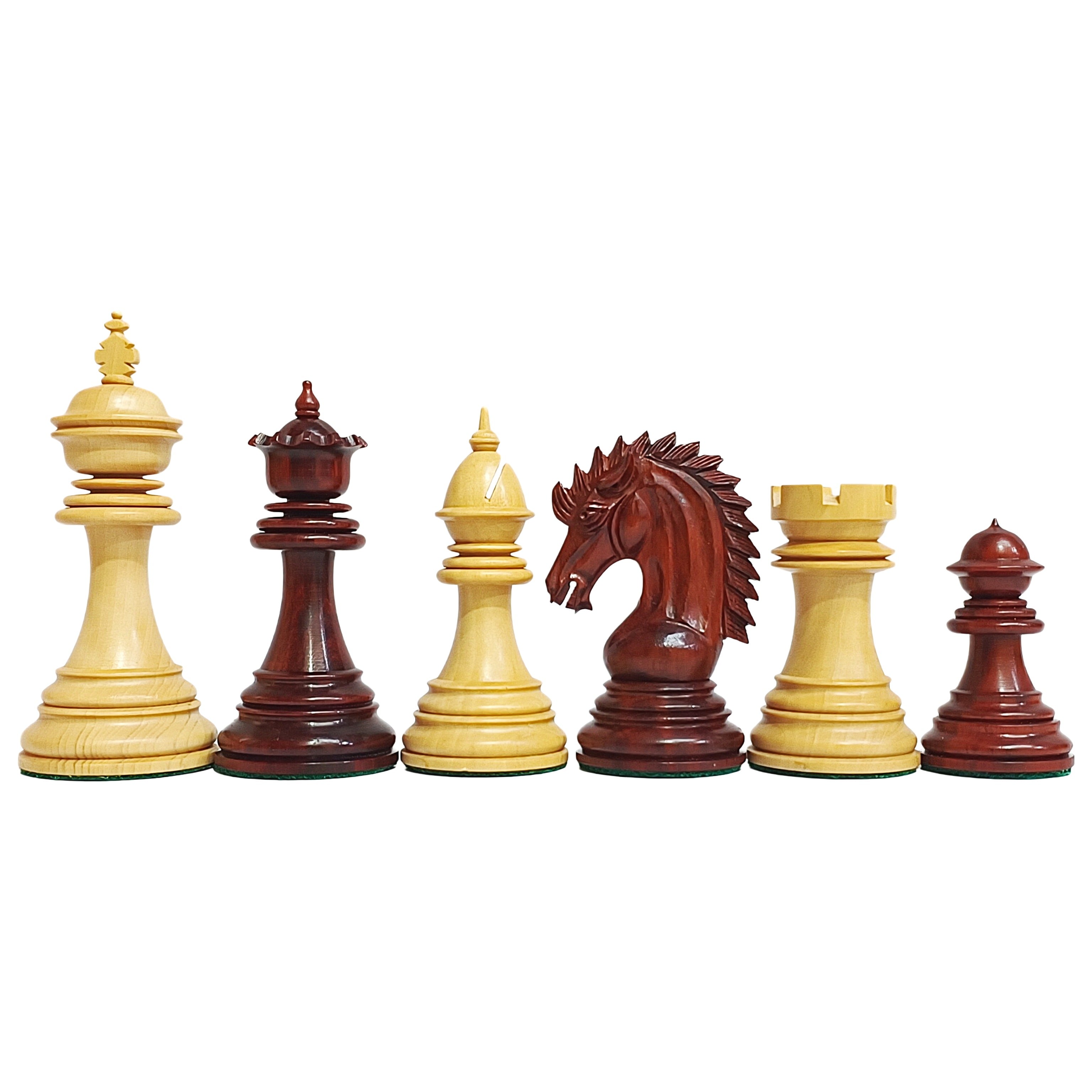
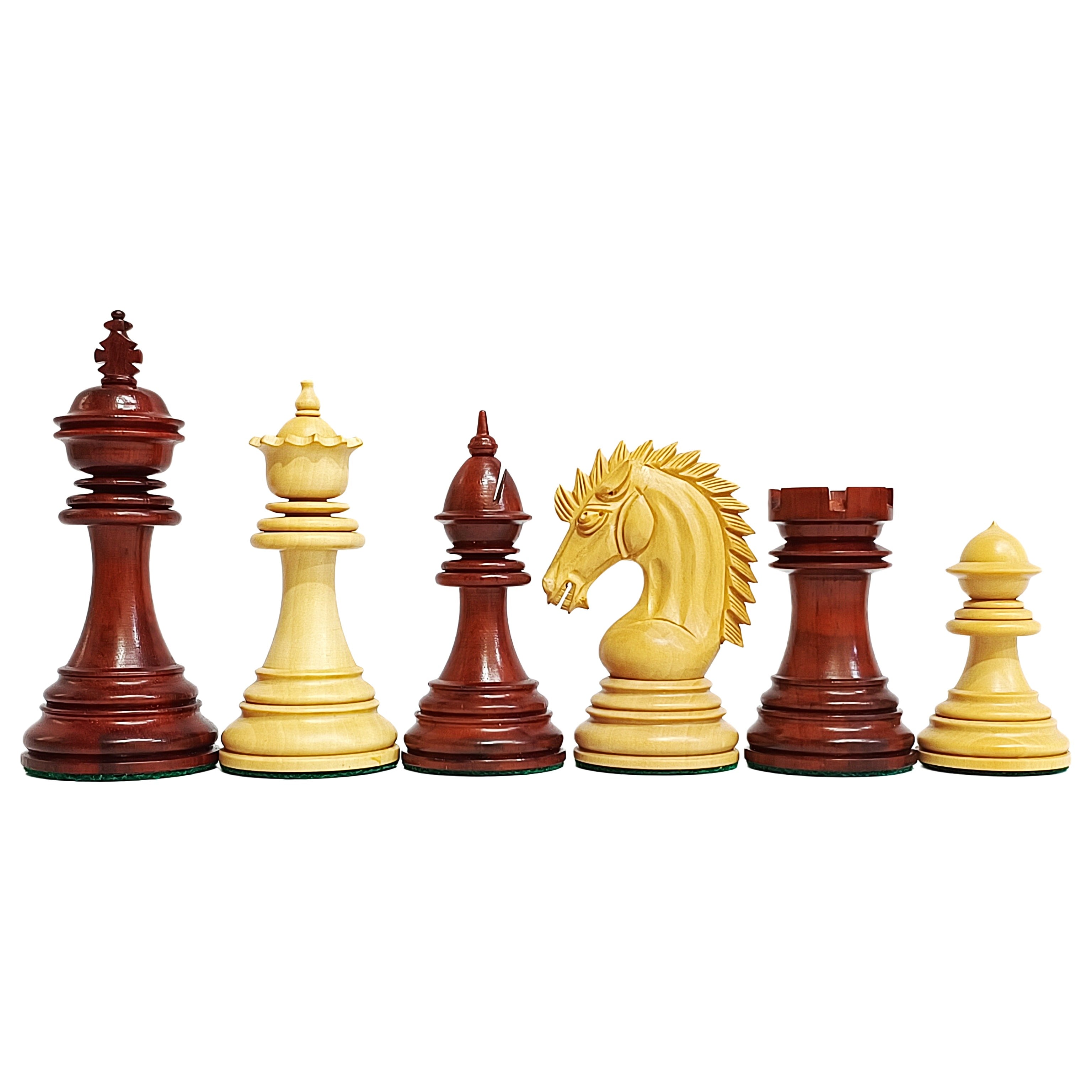


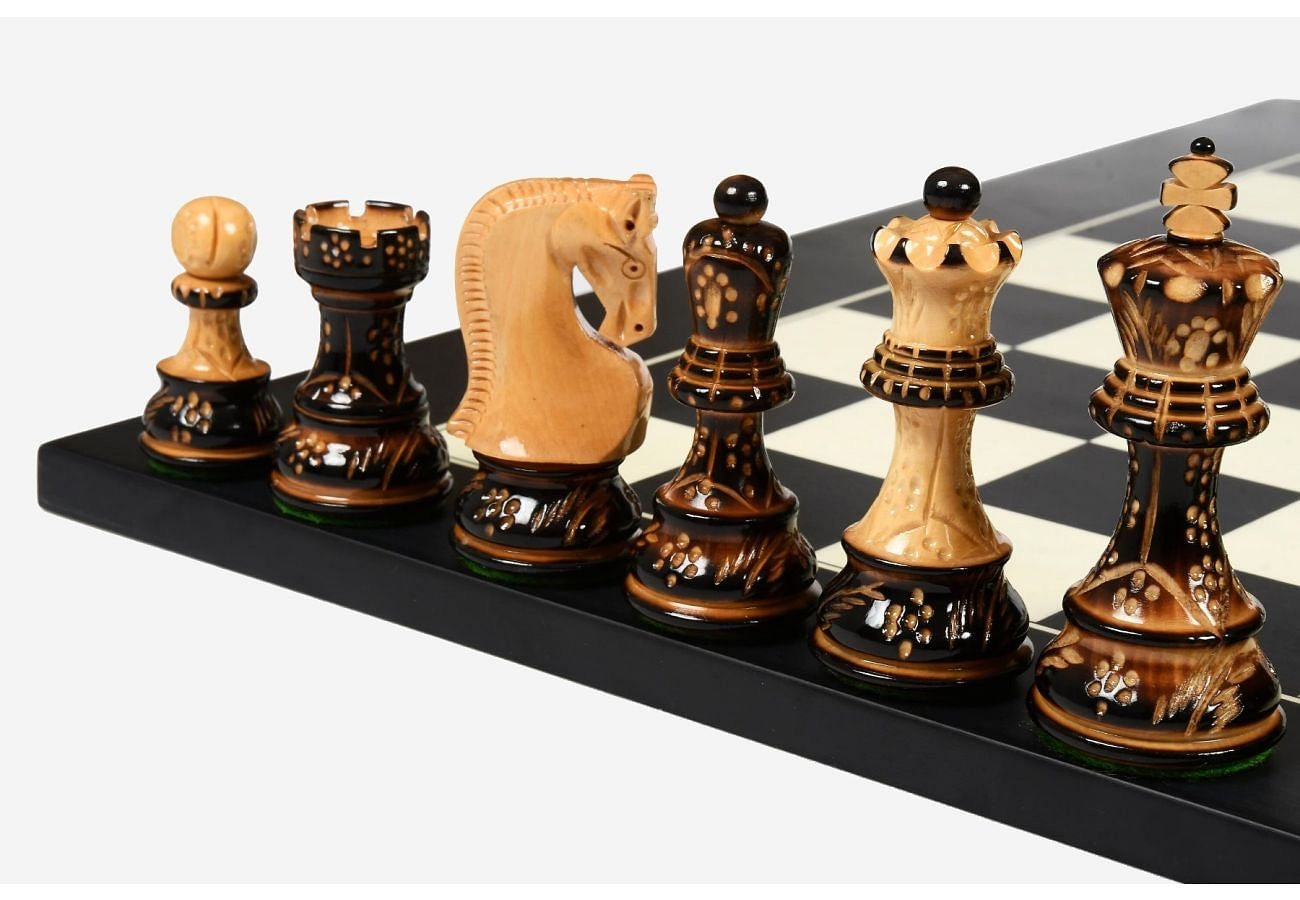
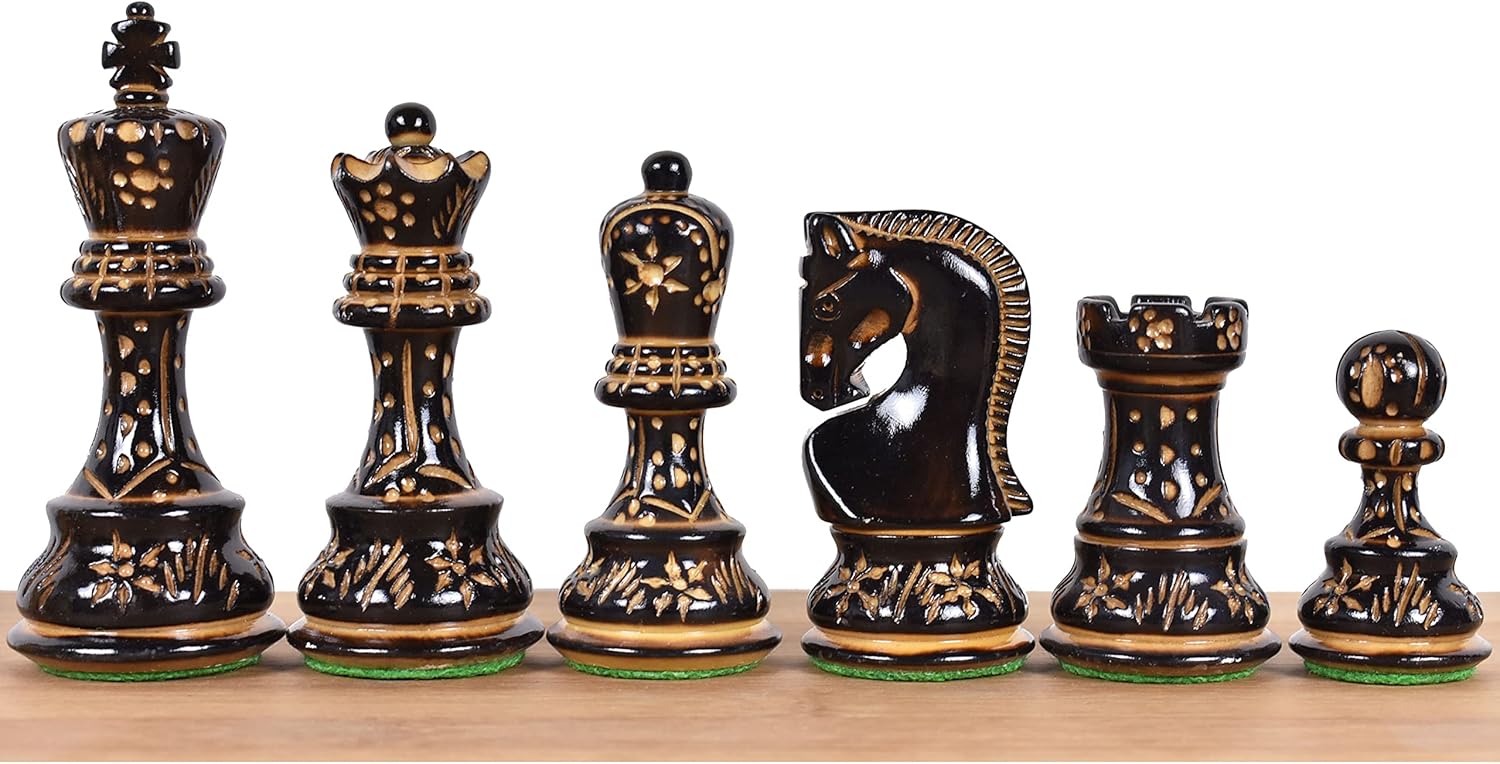
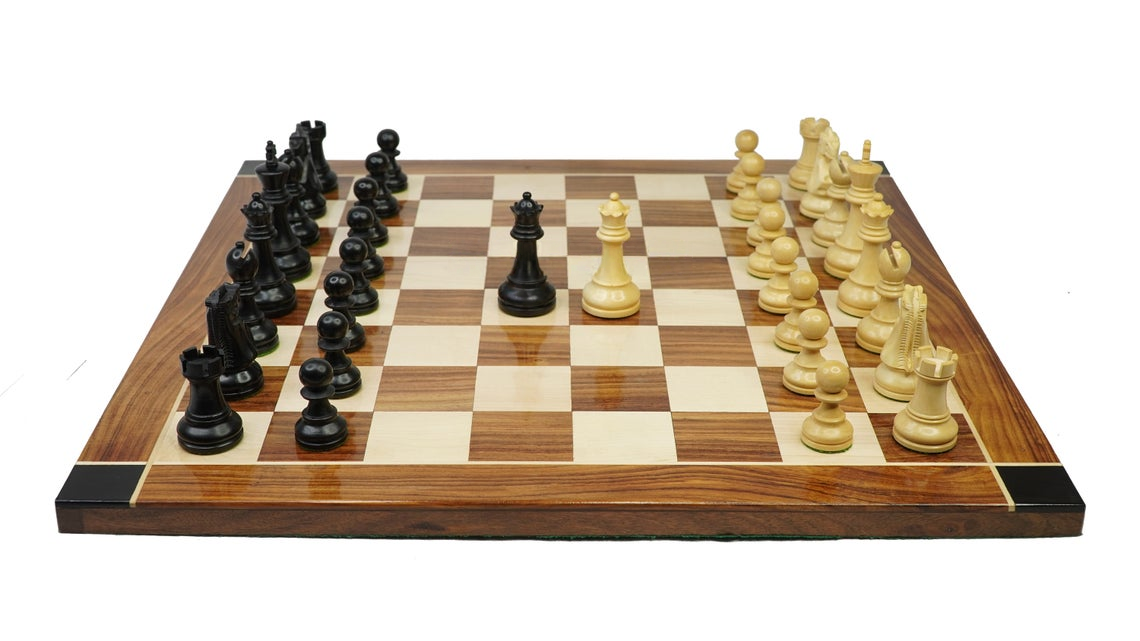
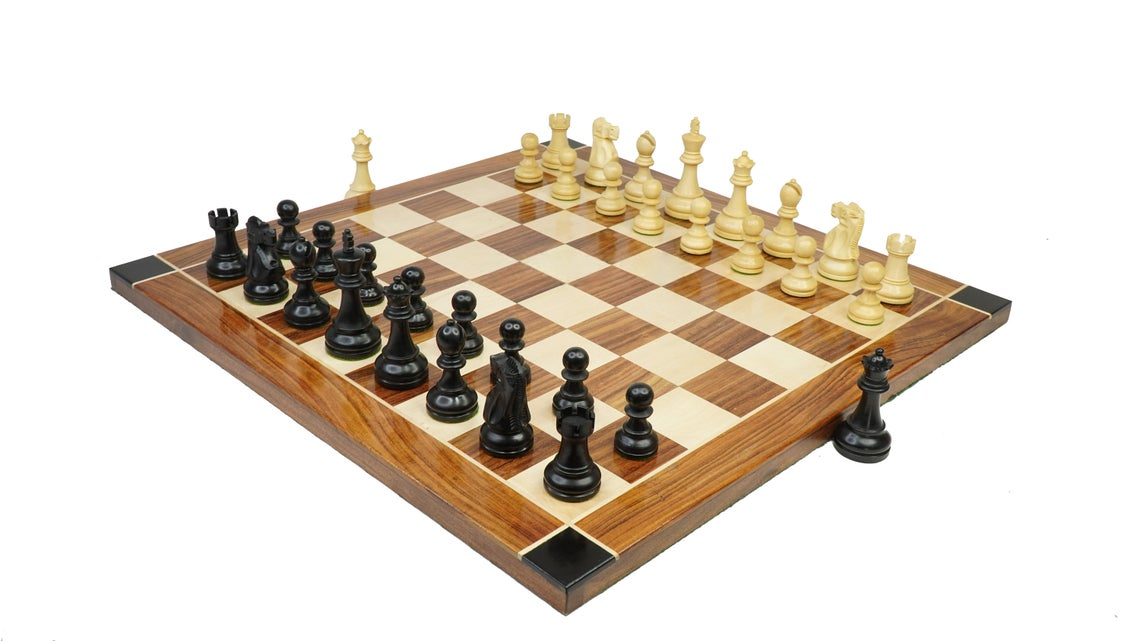
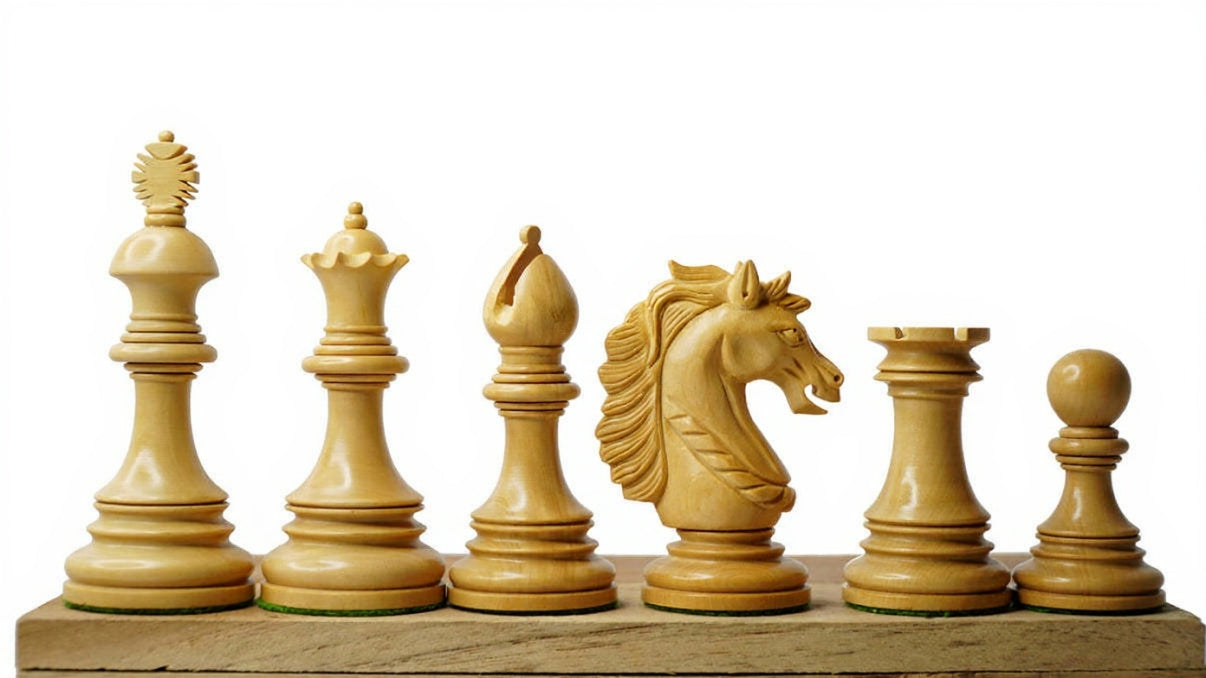
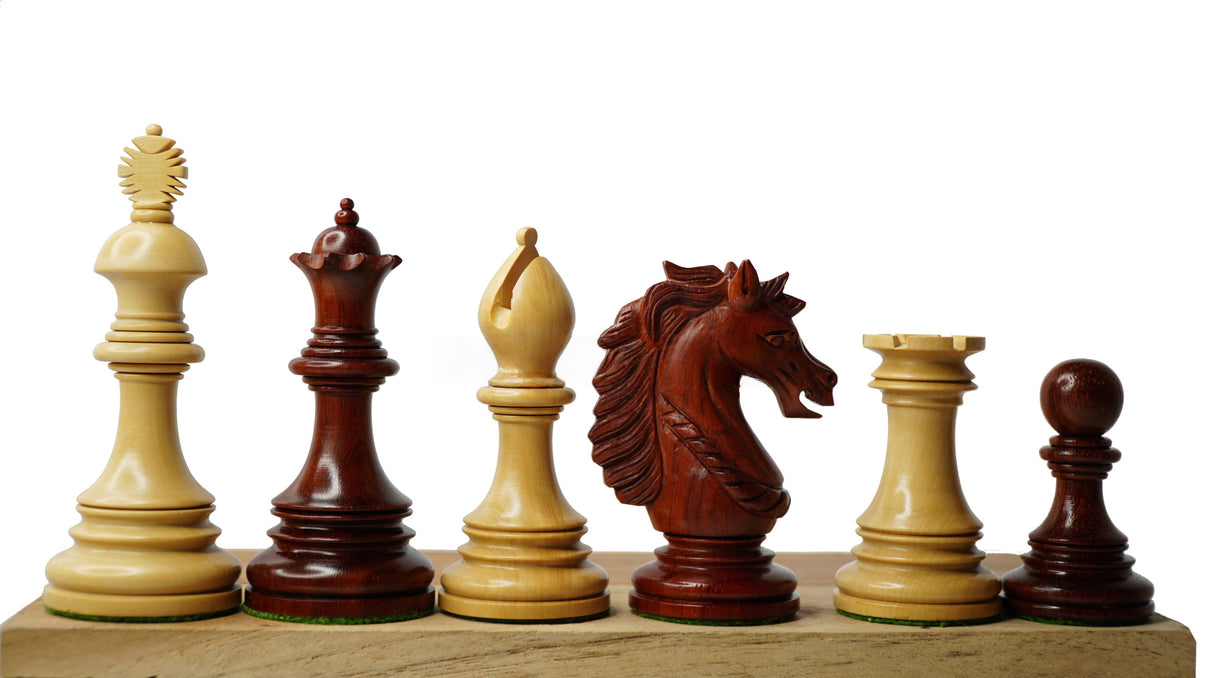
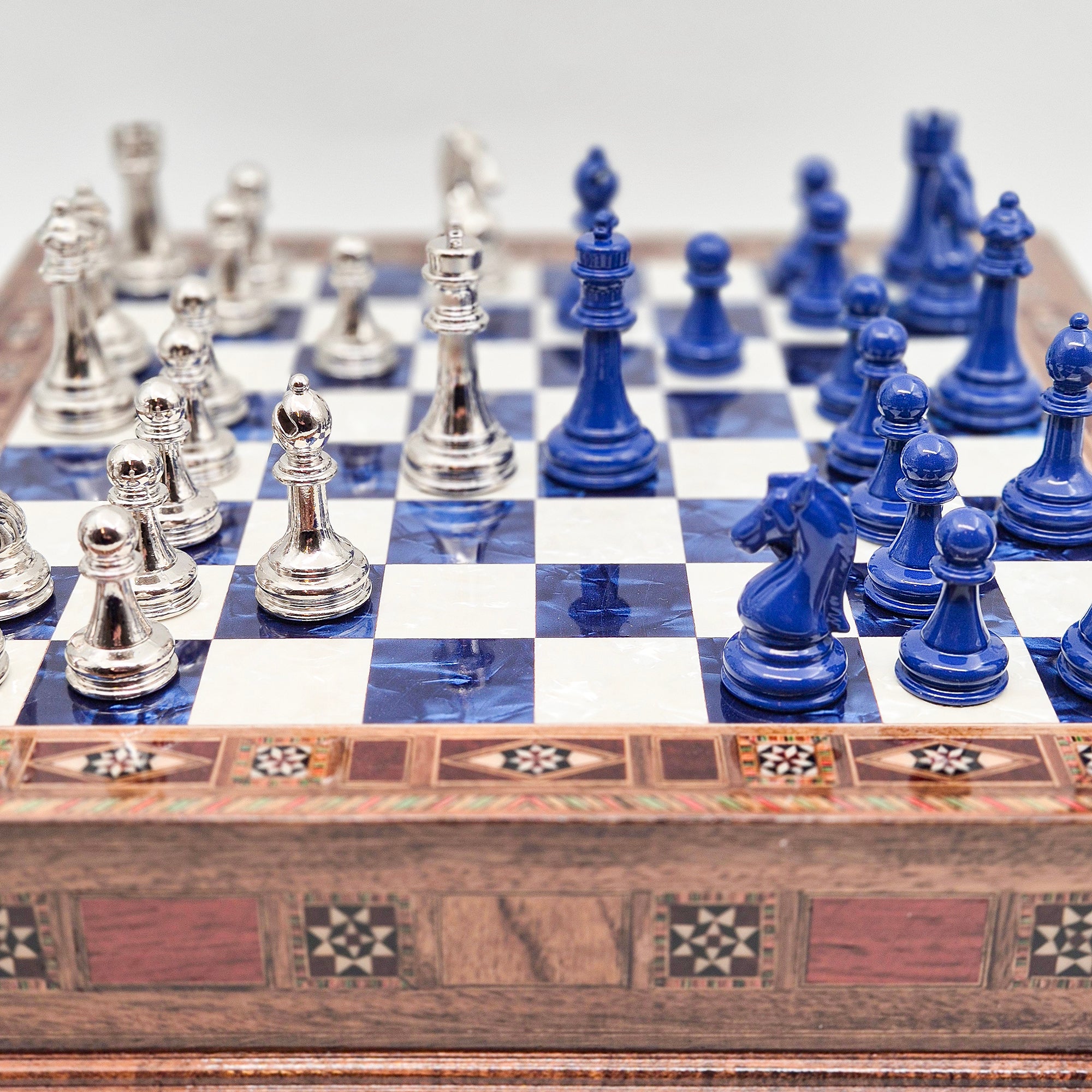
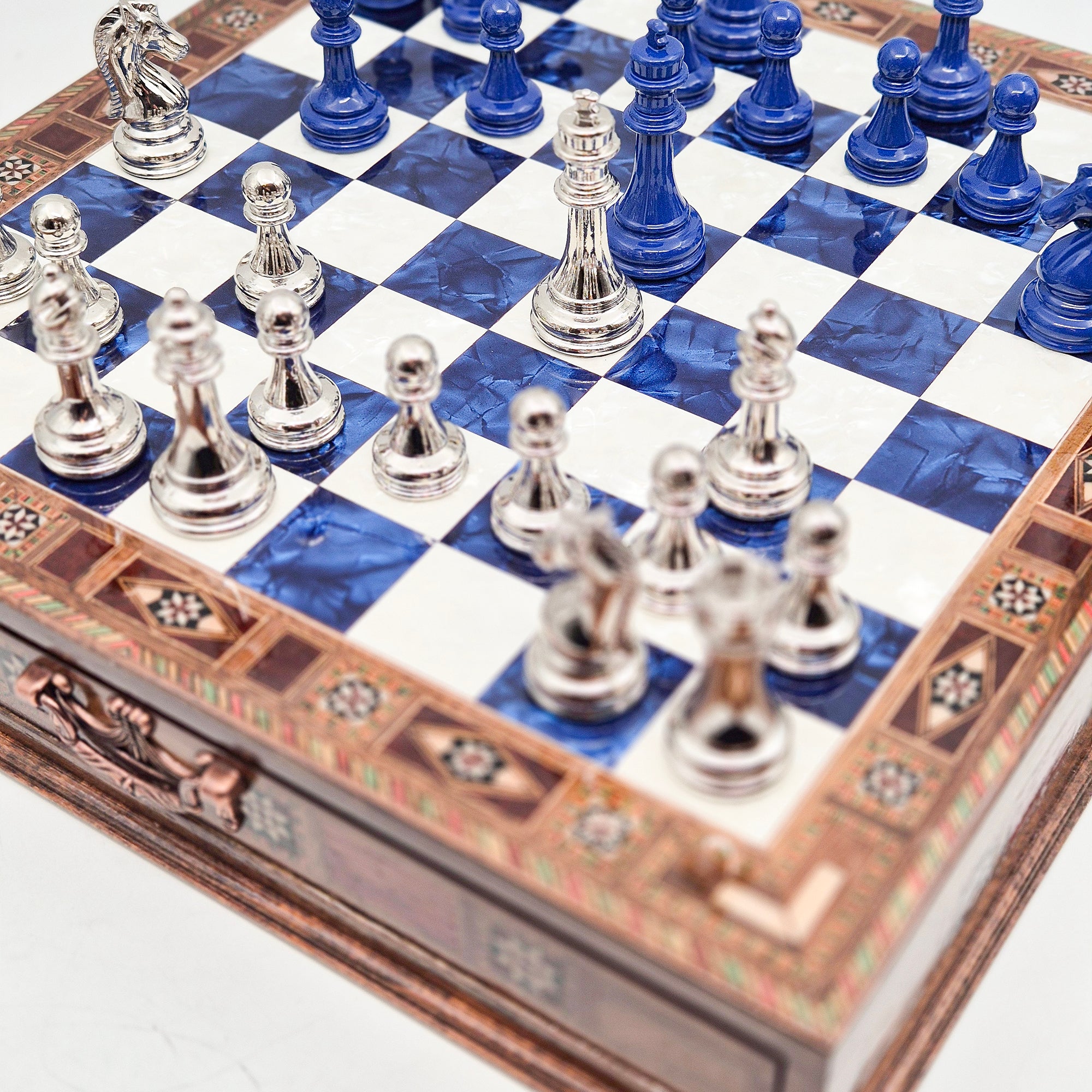
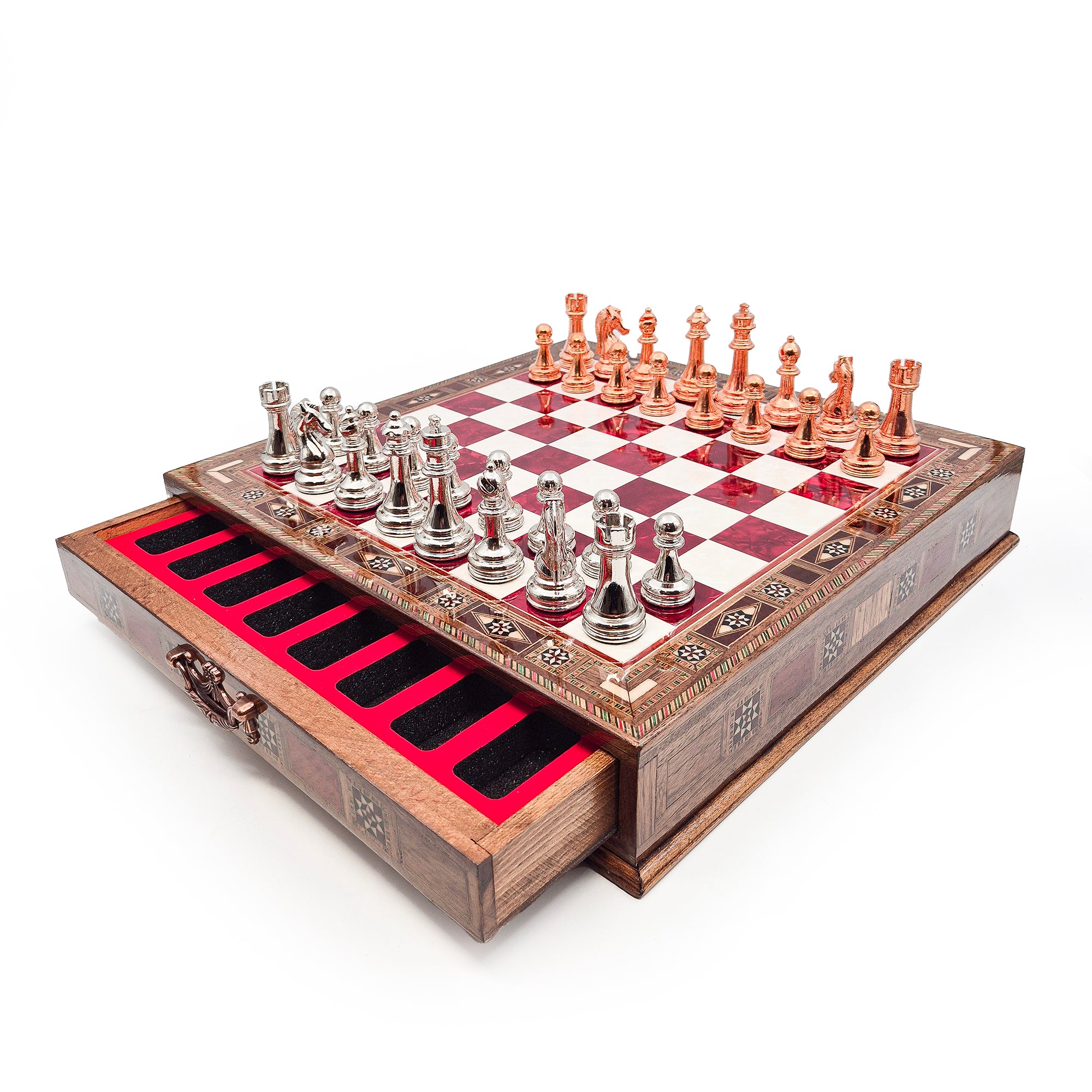
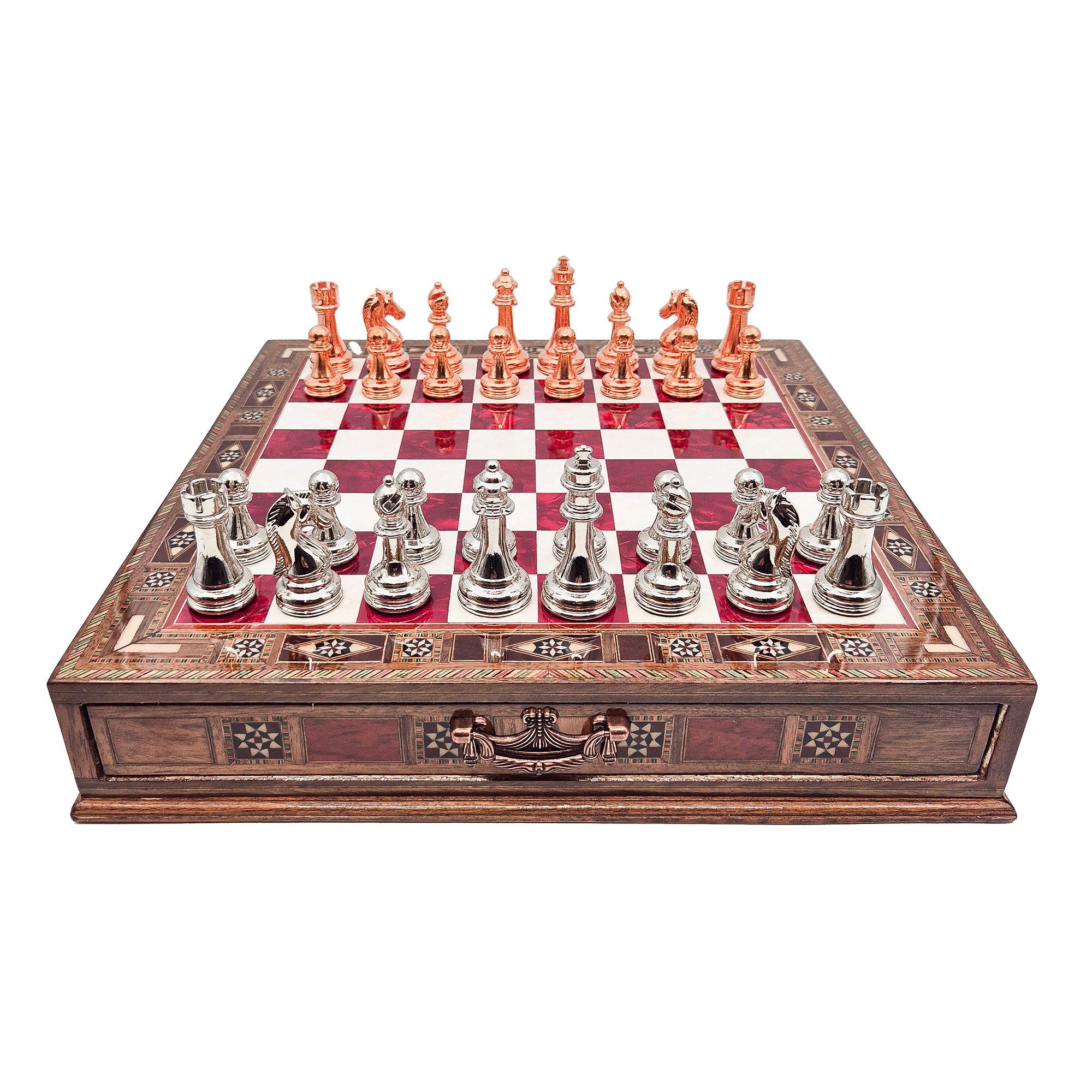
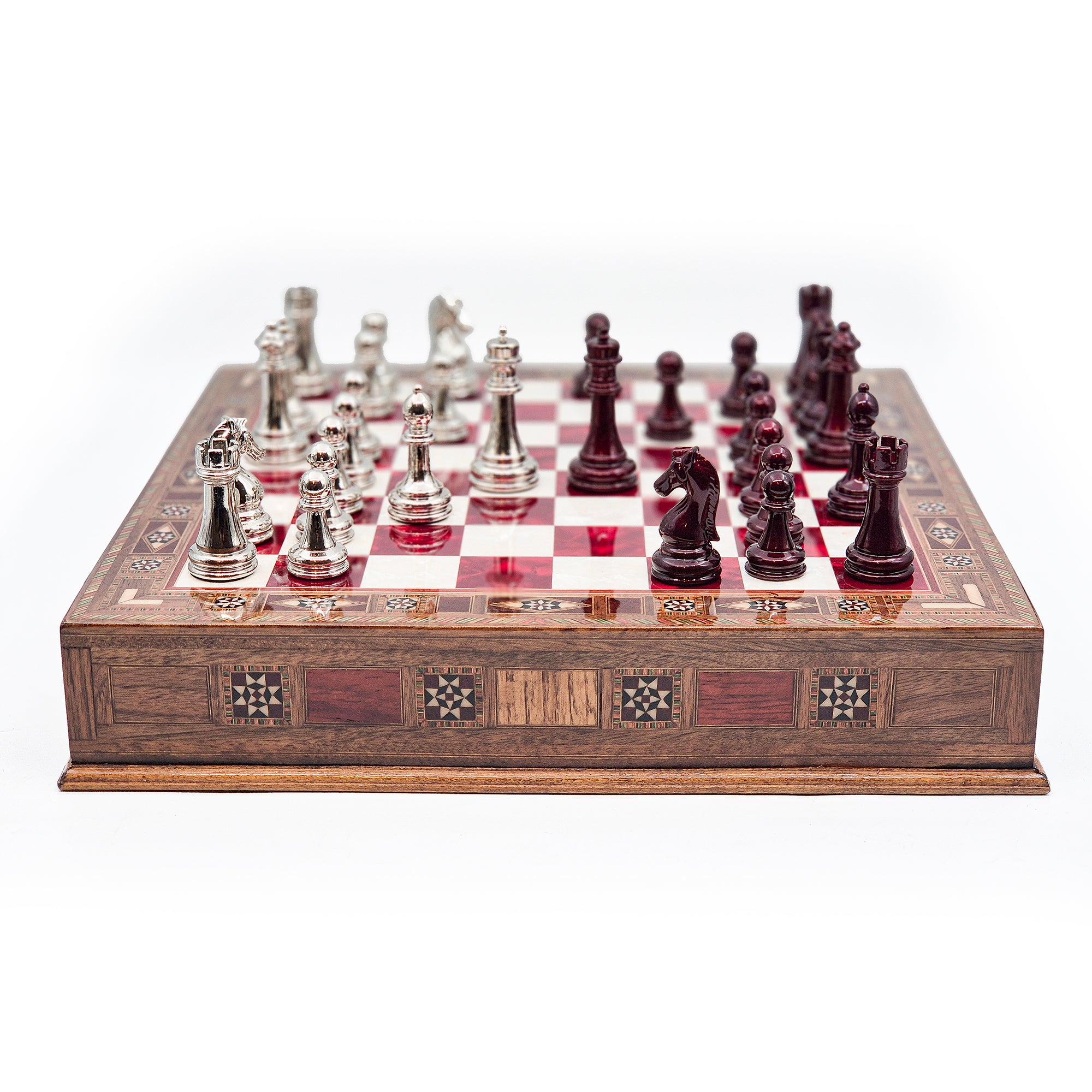
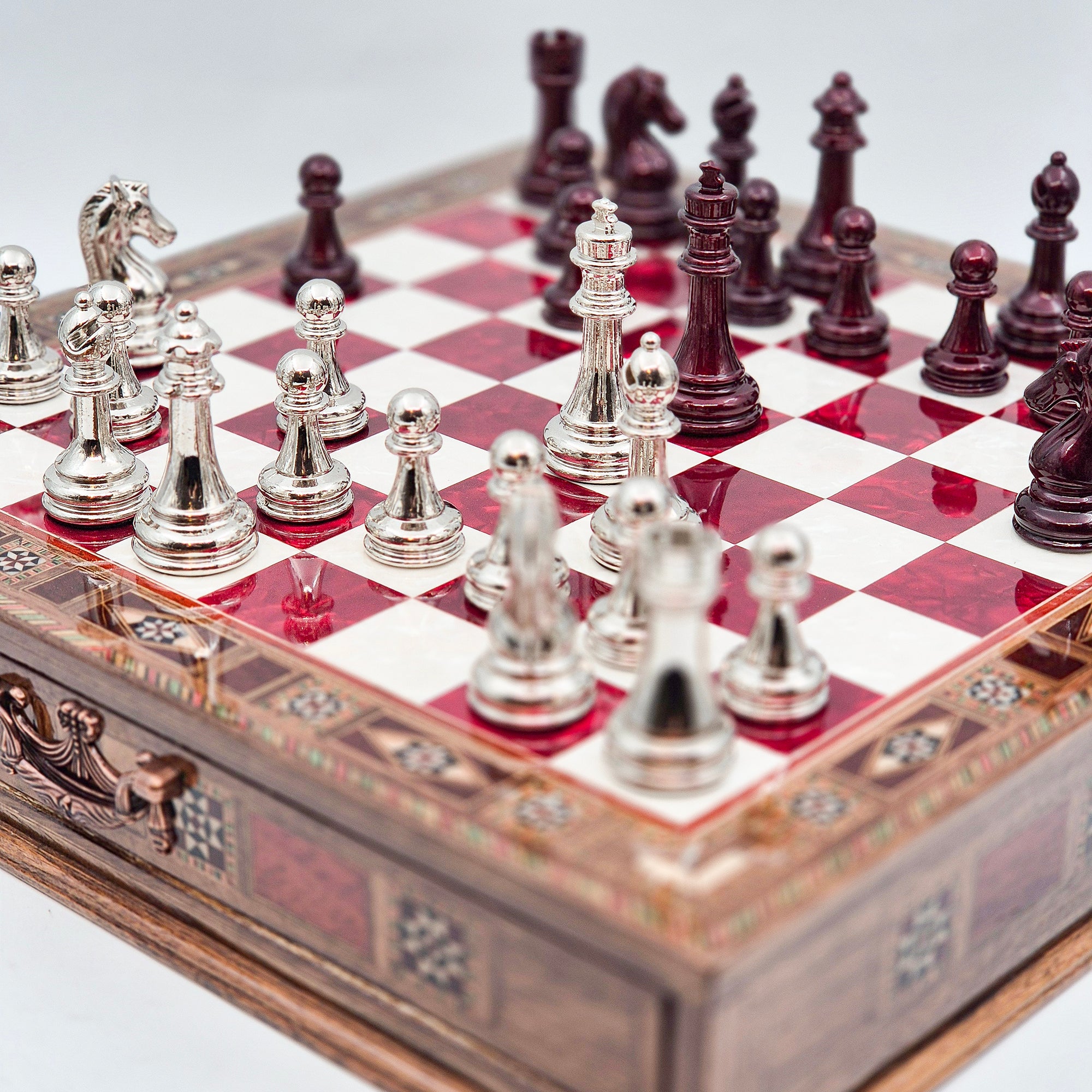
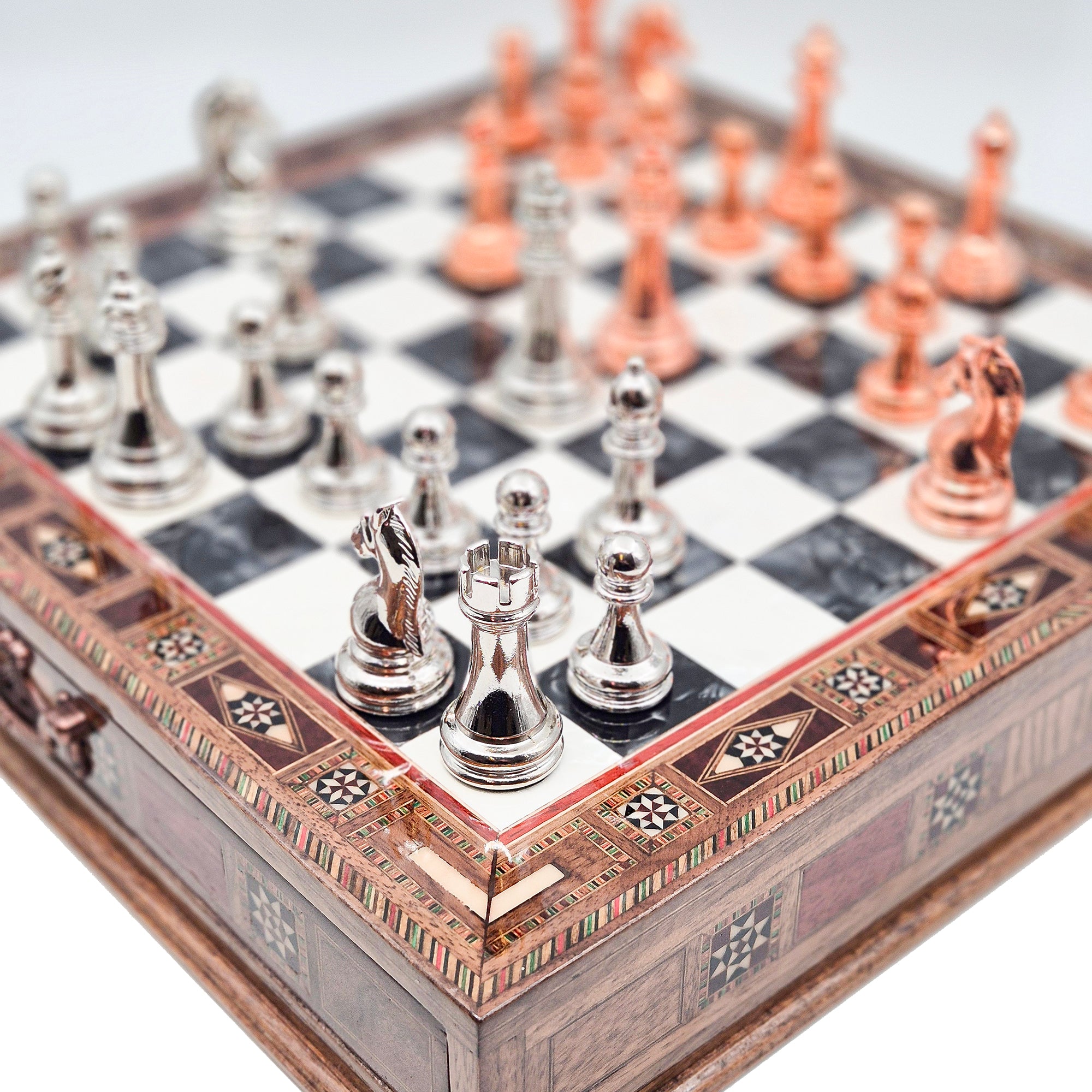
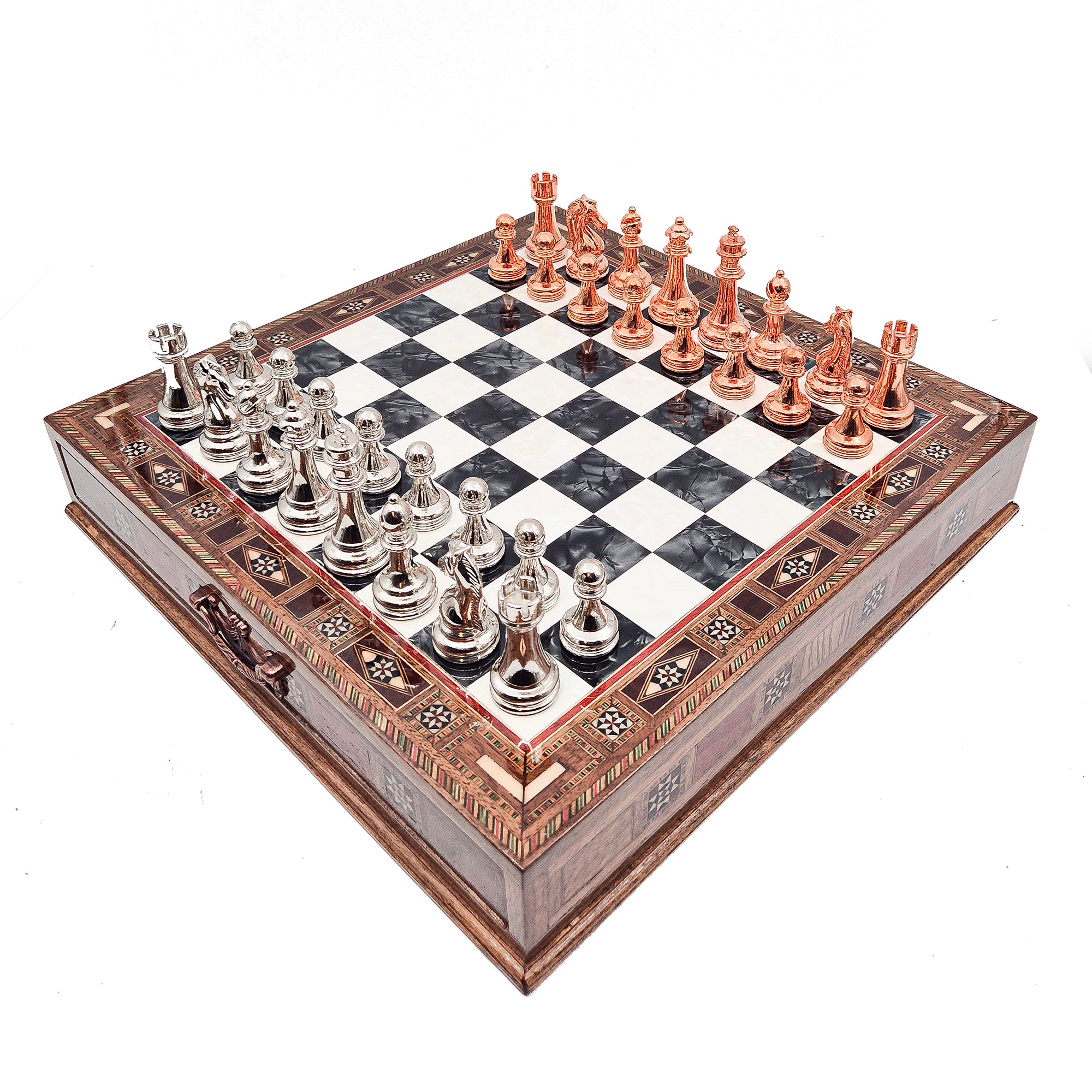
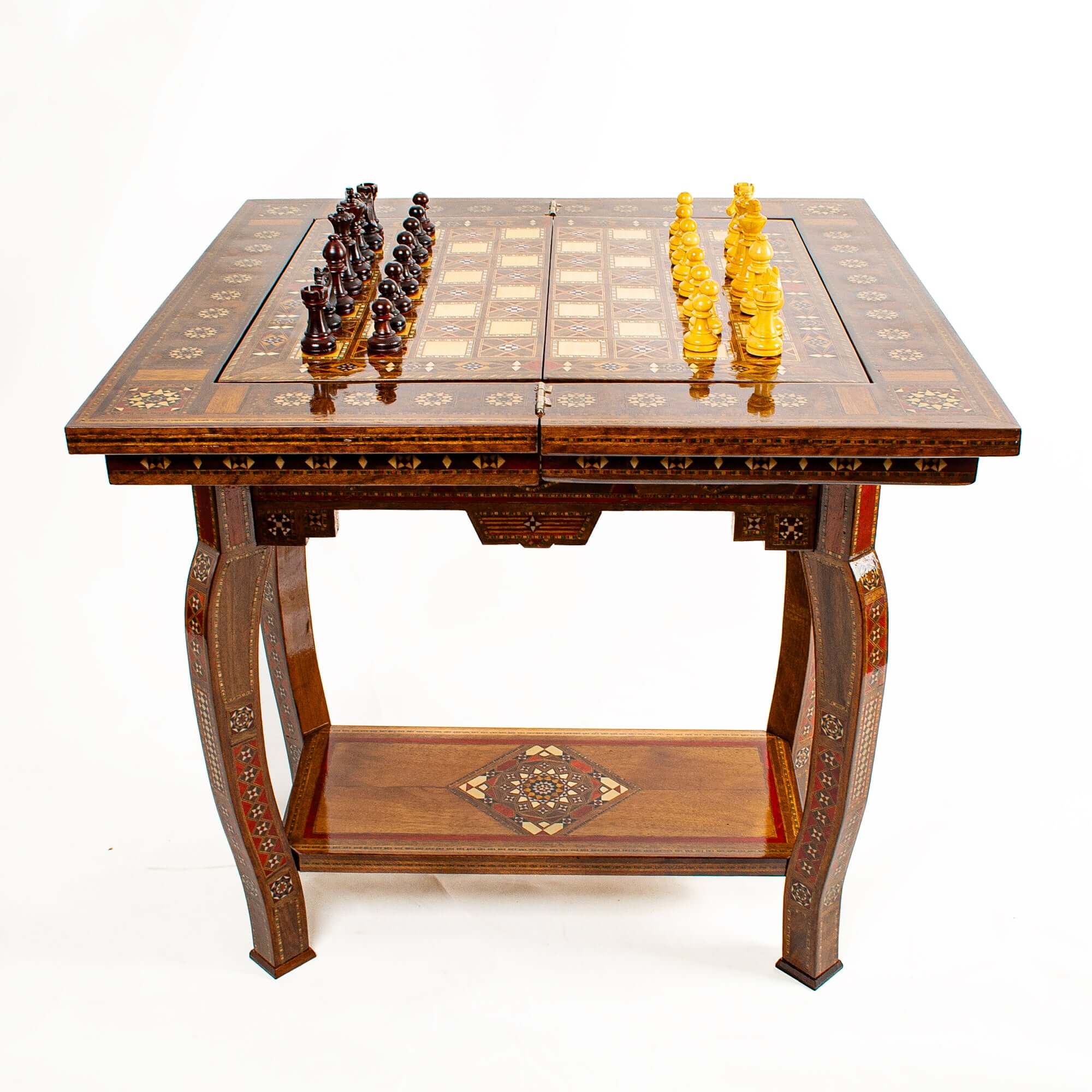

Leave a comment
All comments are moderated before being published.
This site is protected by hCaptcha and the hCaptcha Privacy Policy and Terms of Service apply.